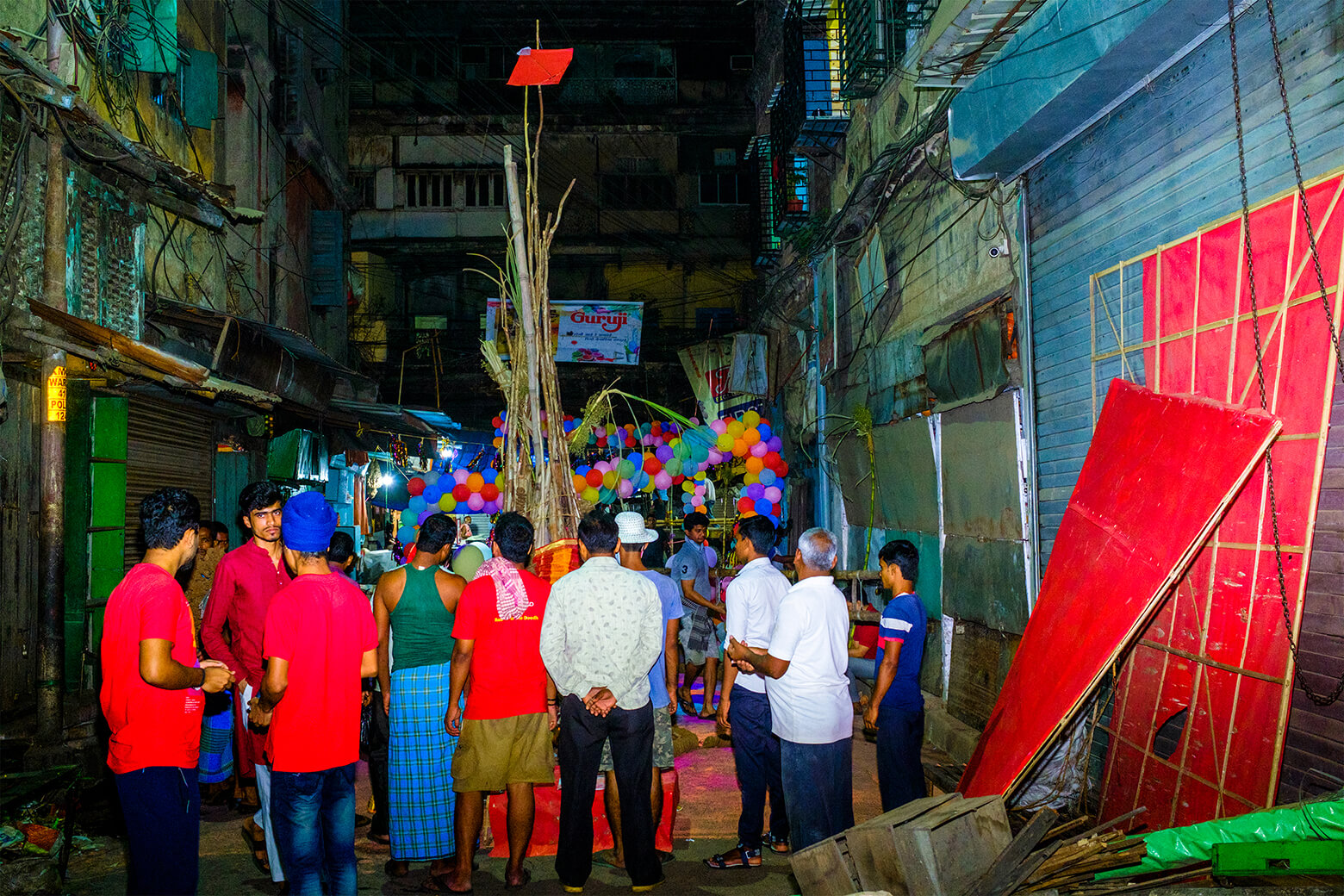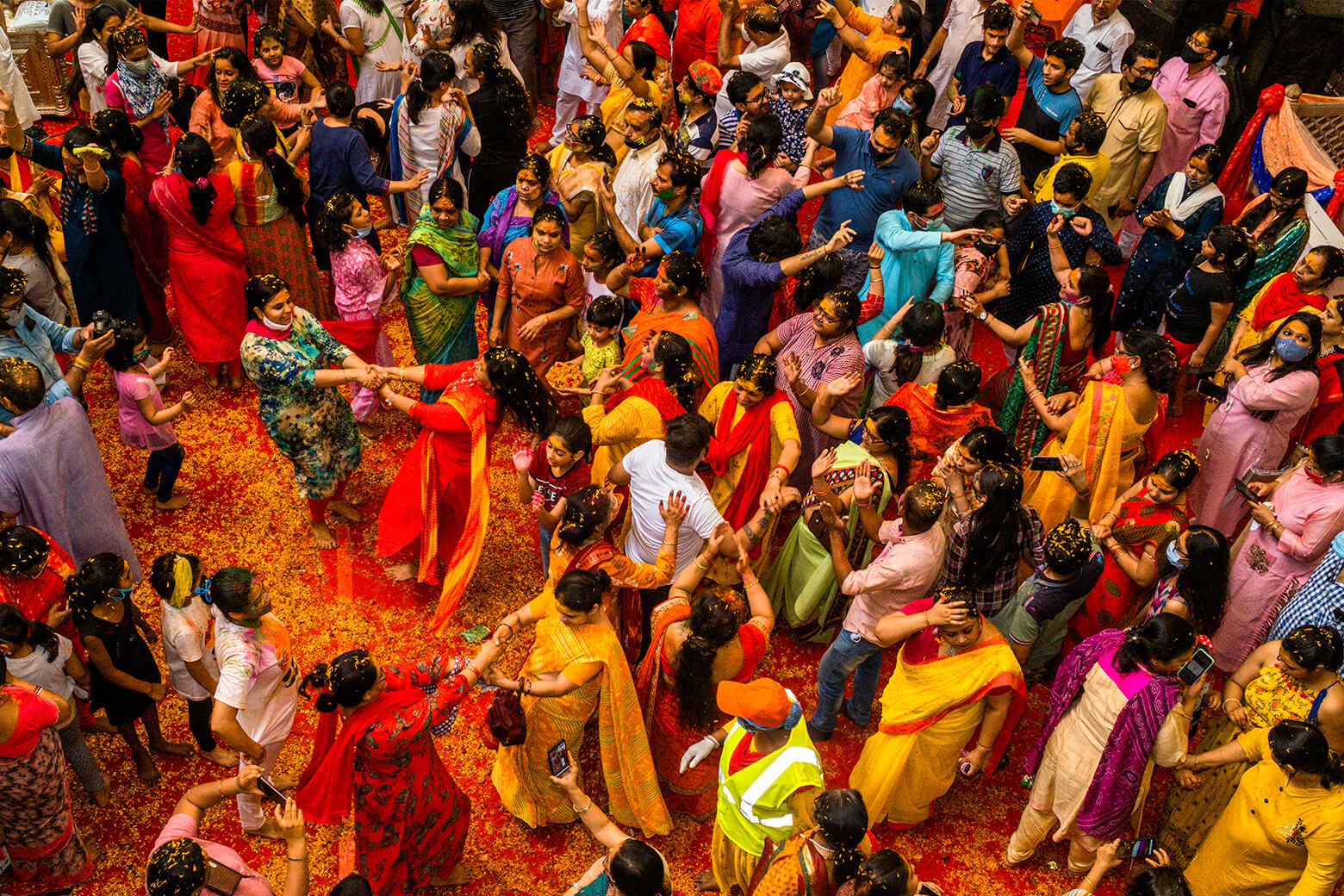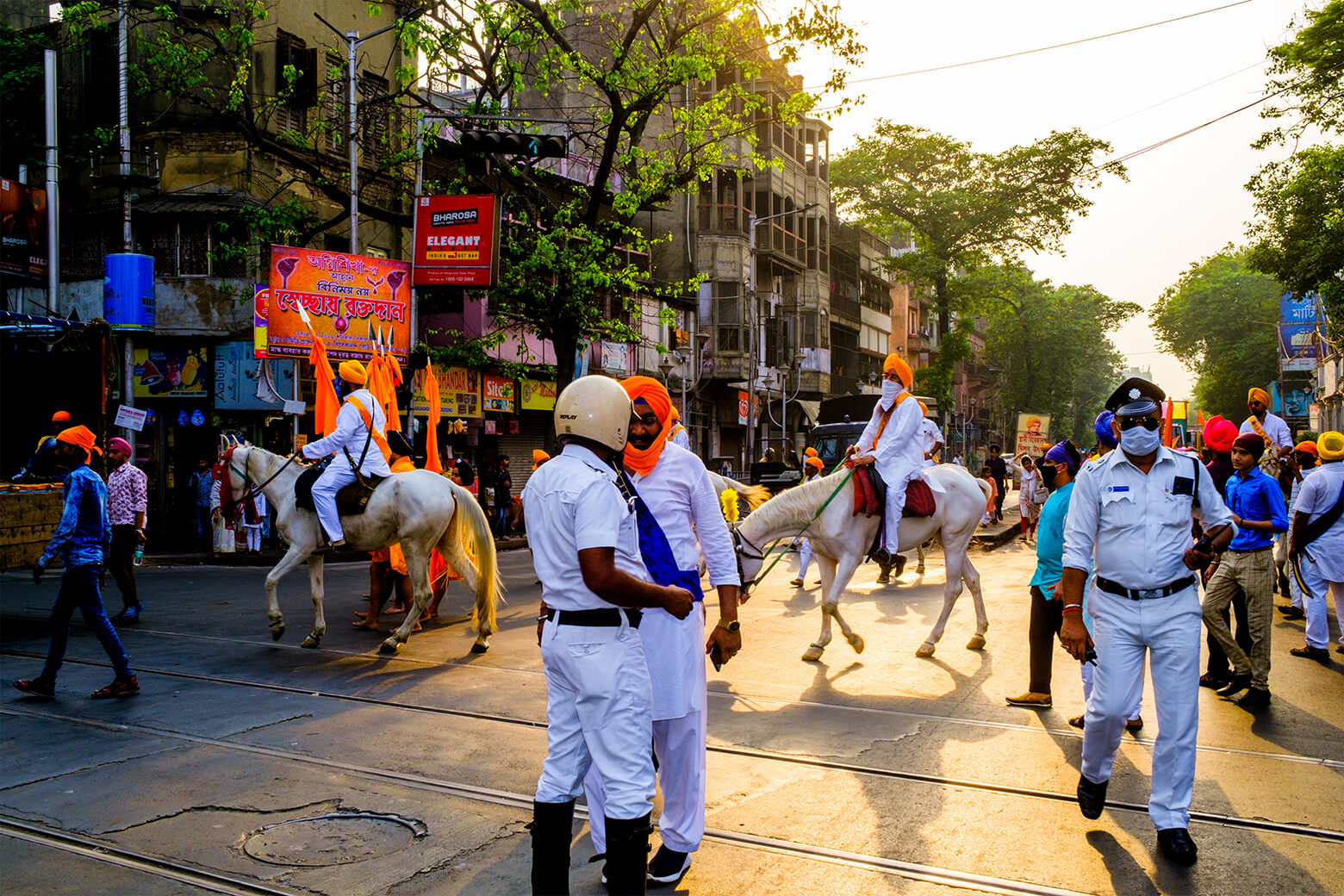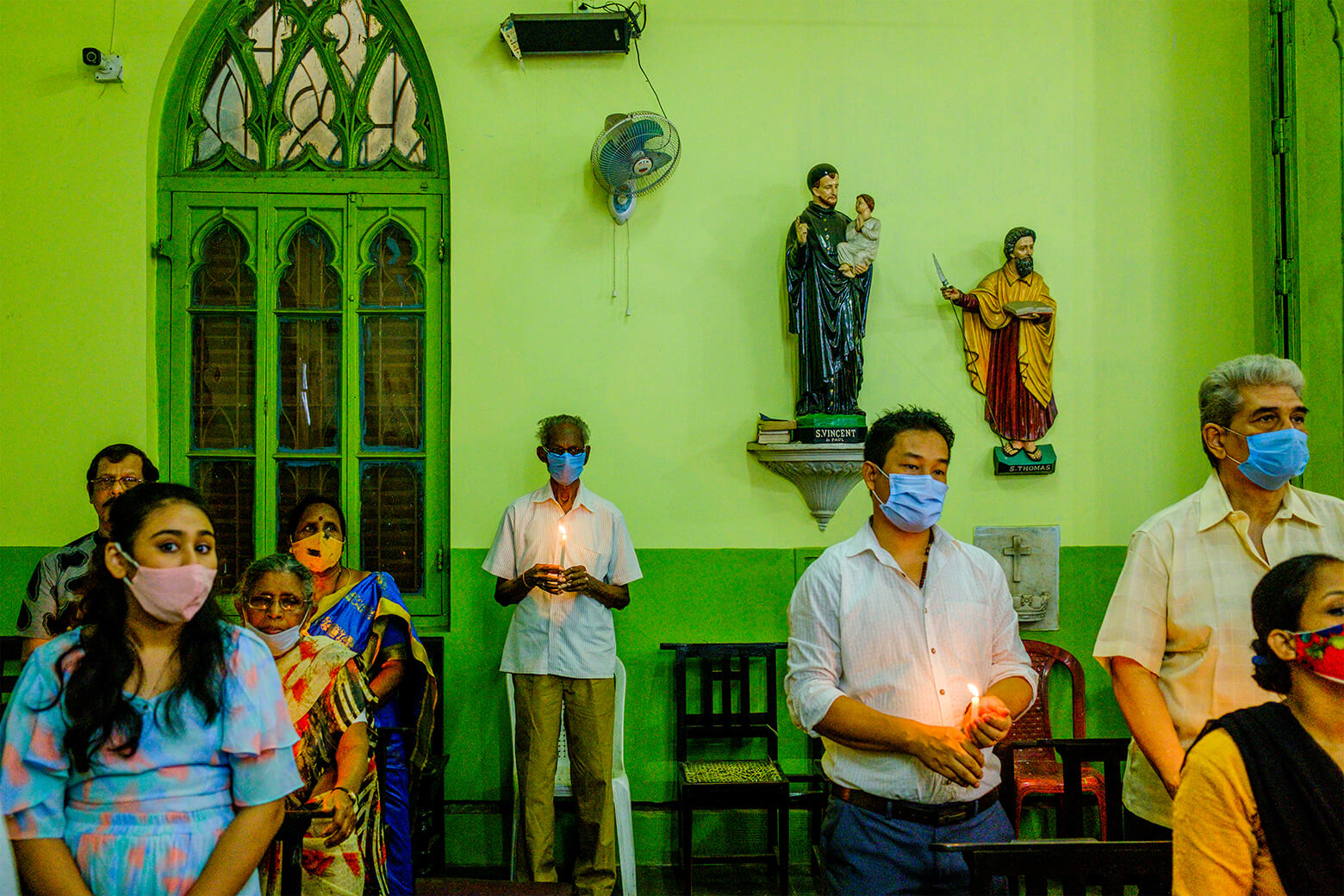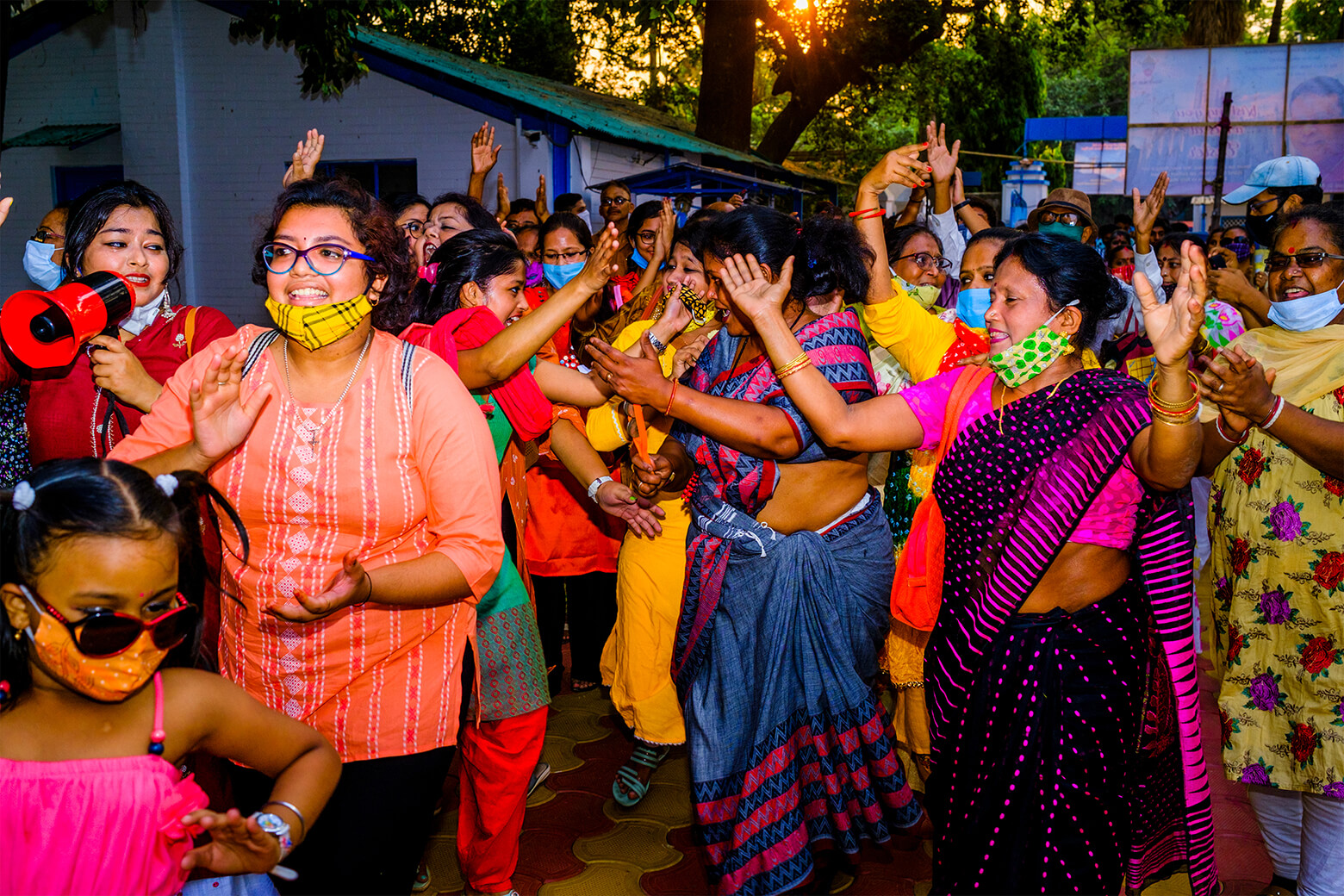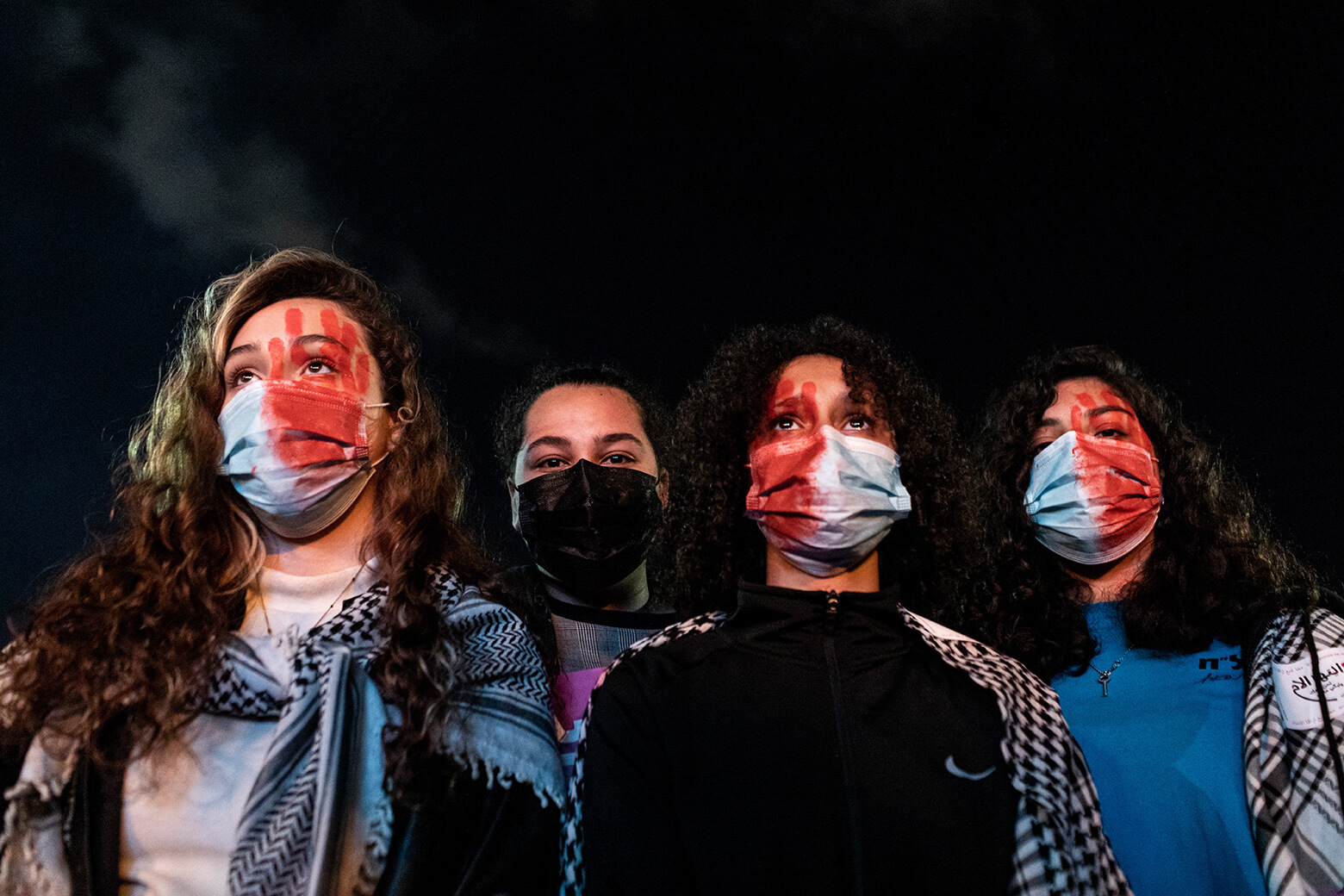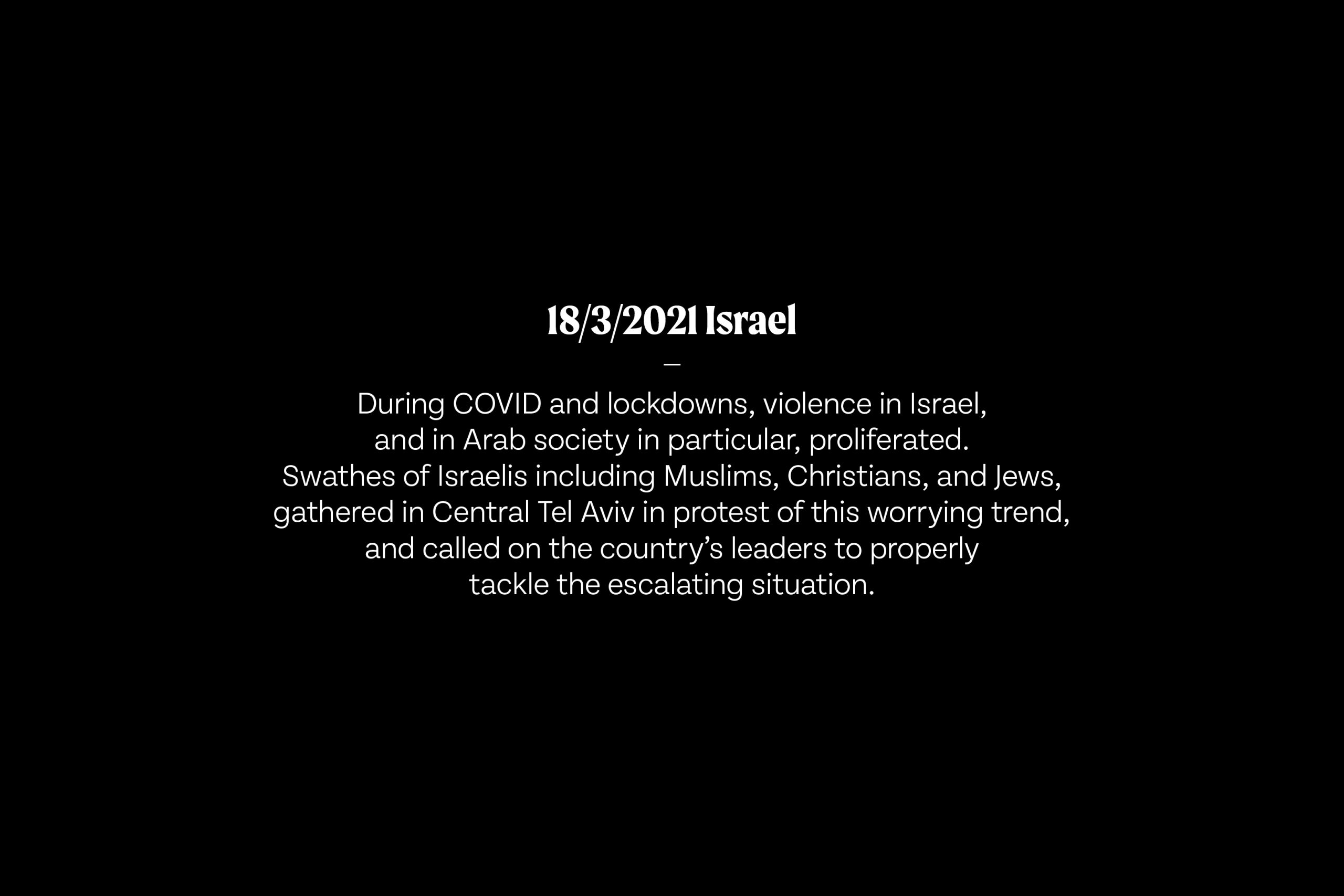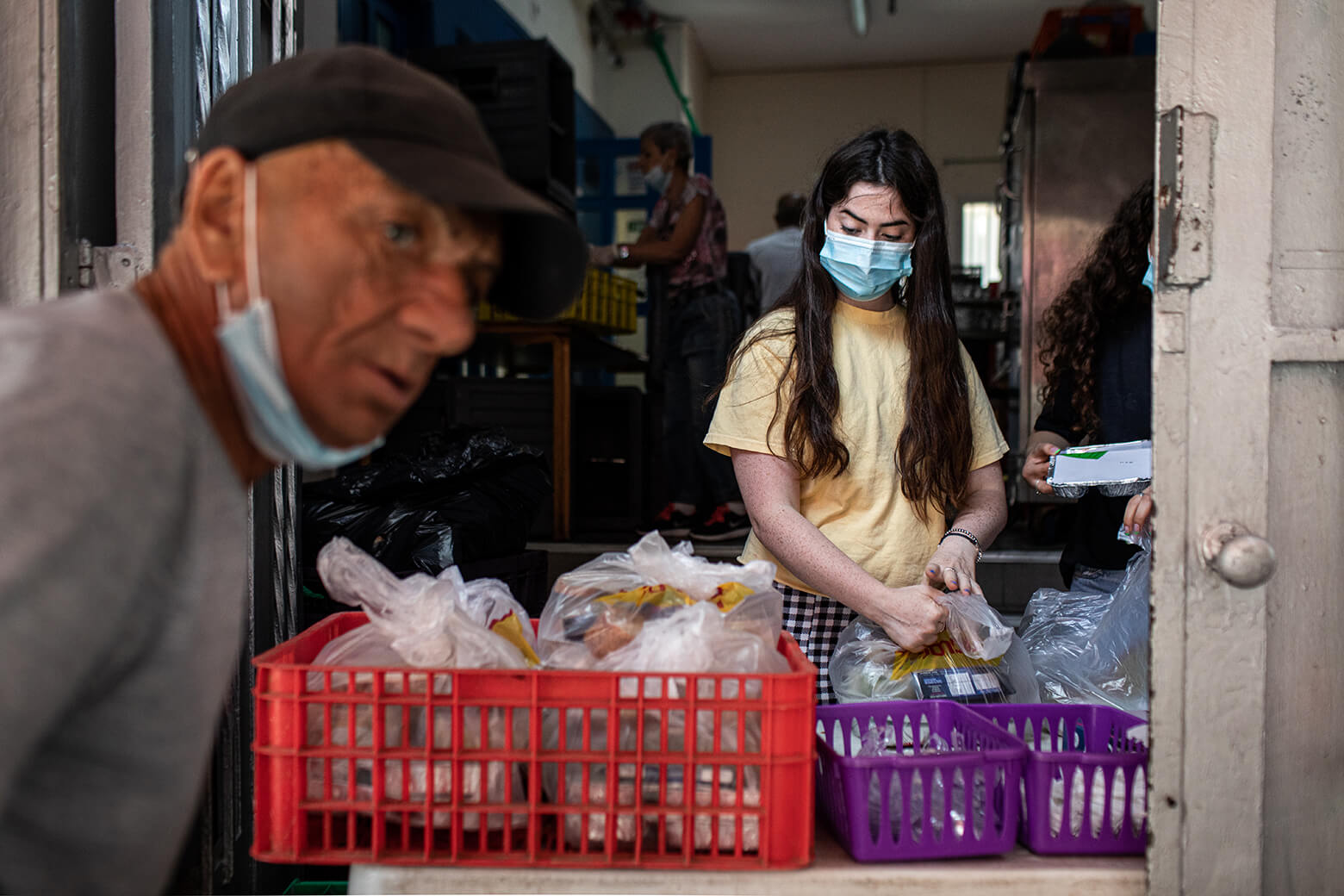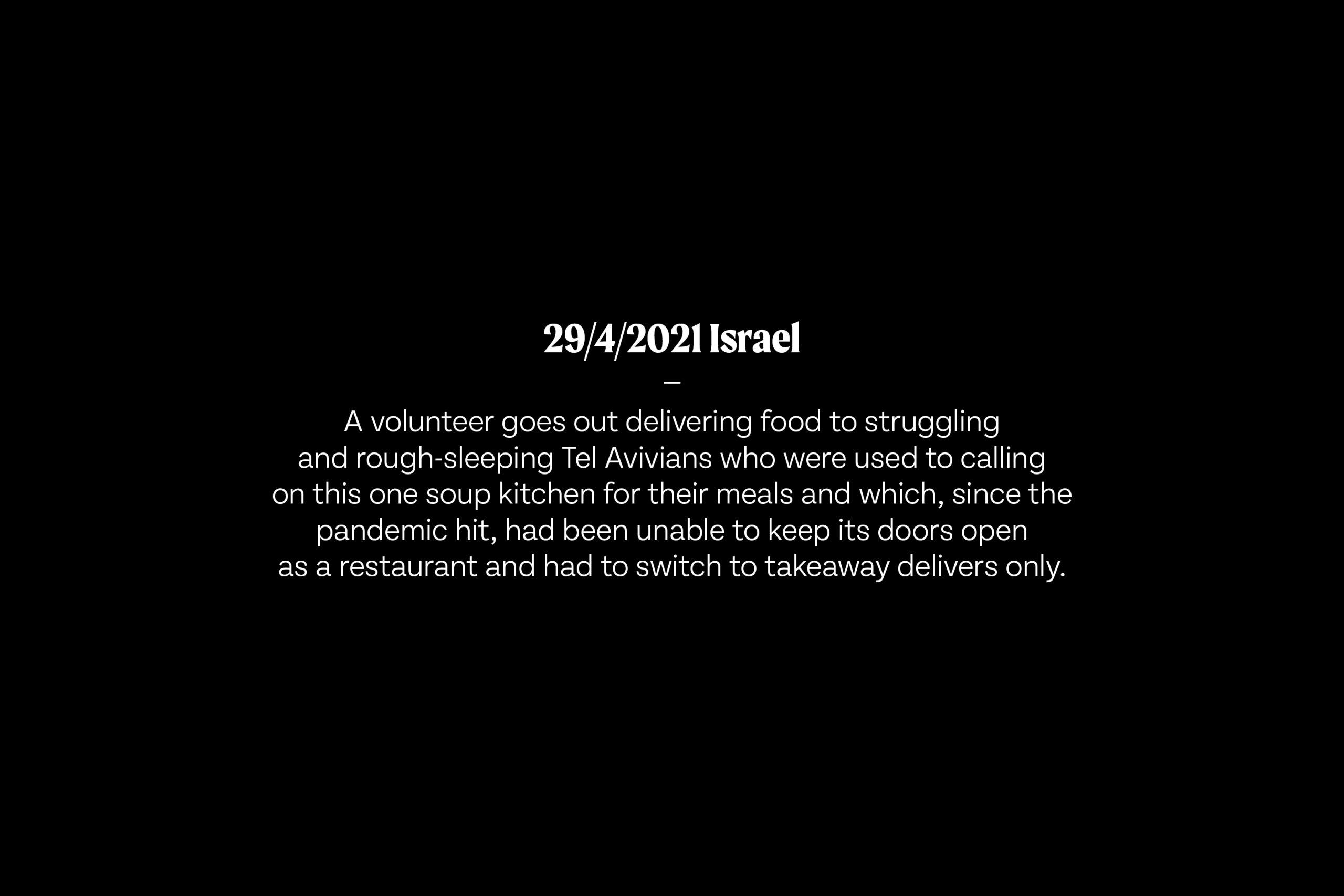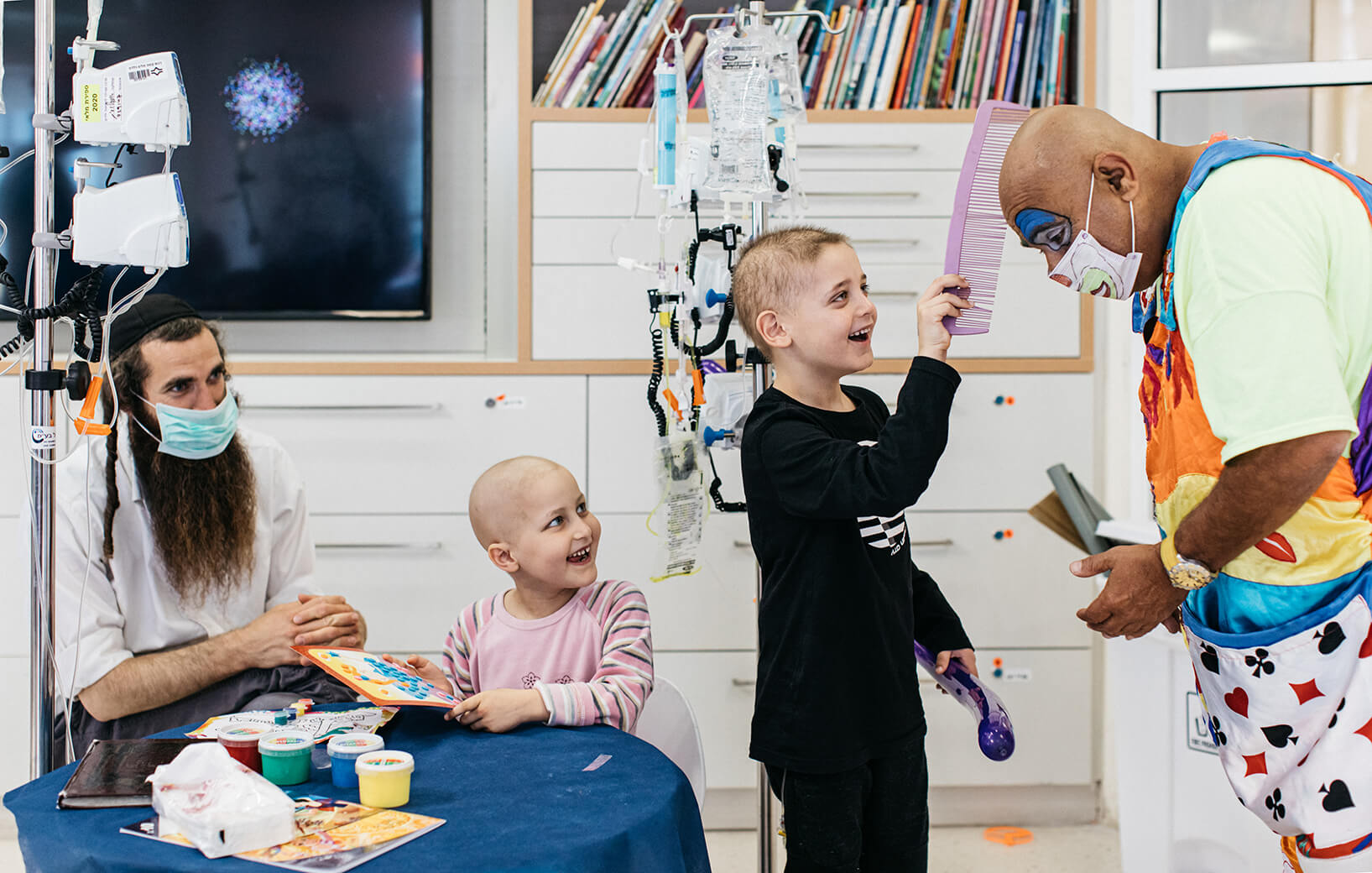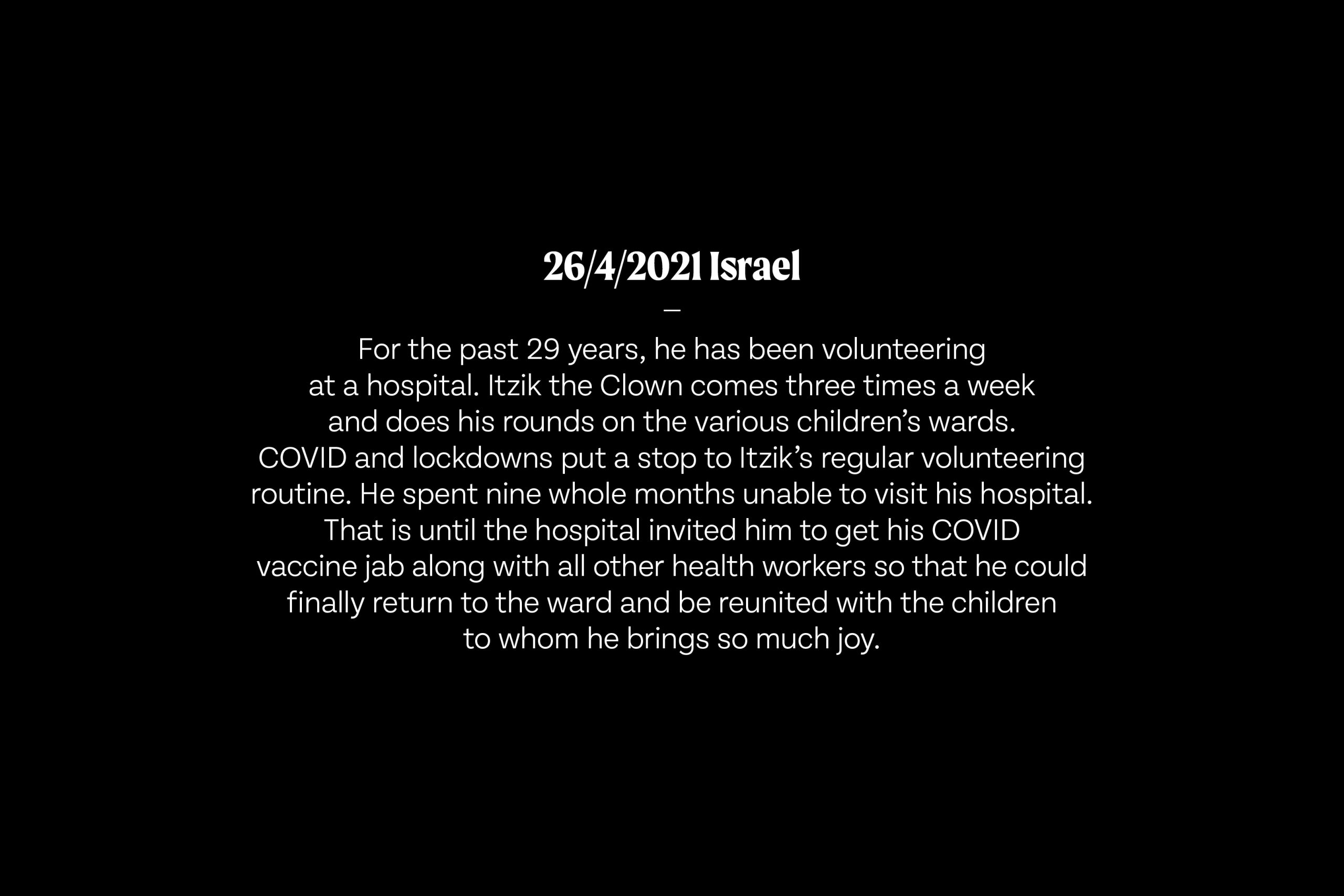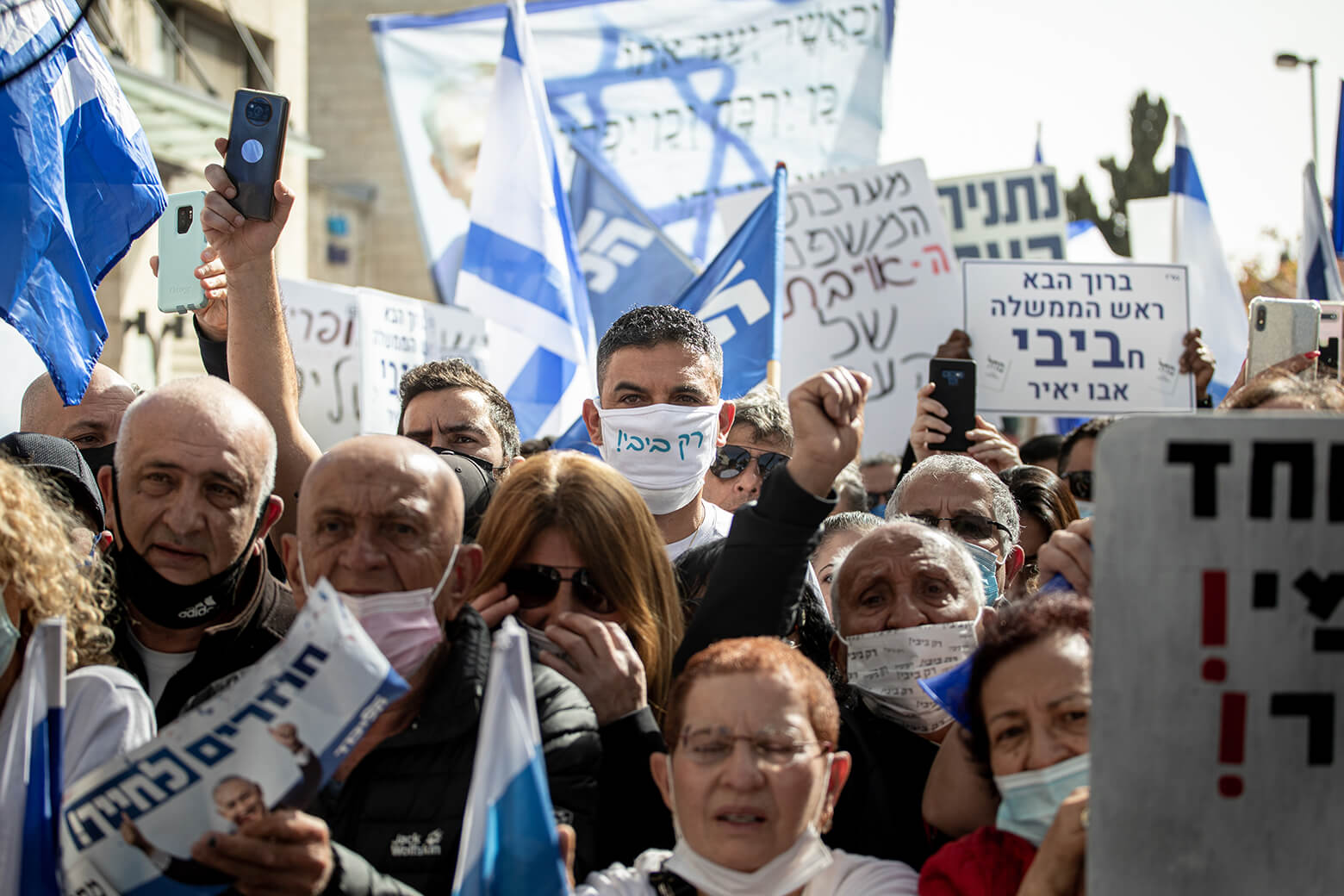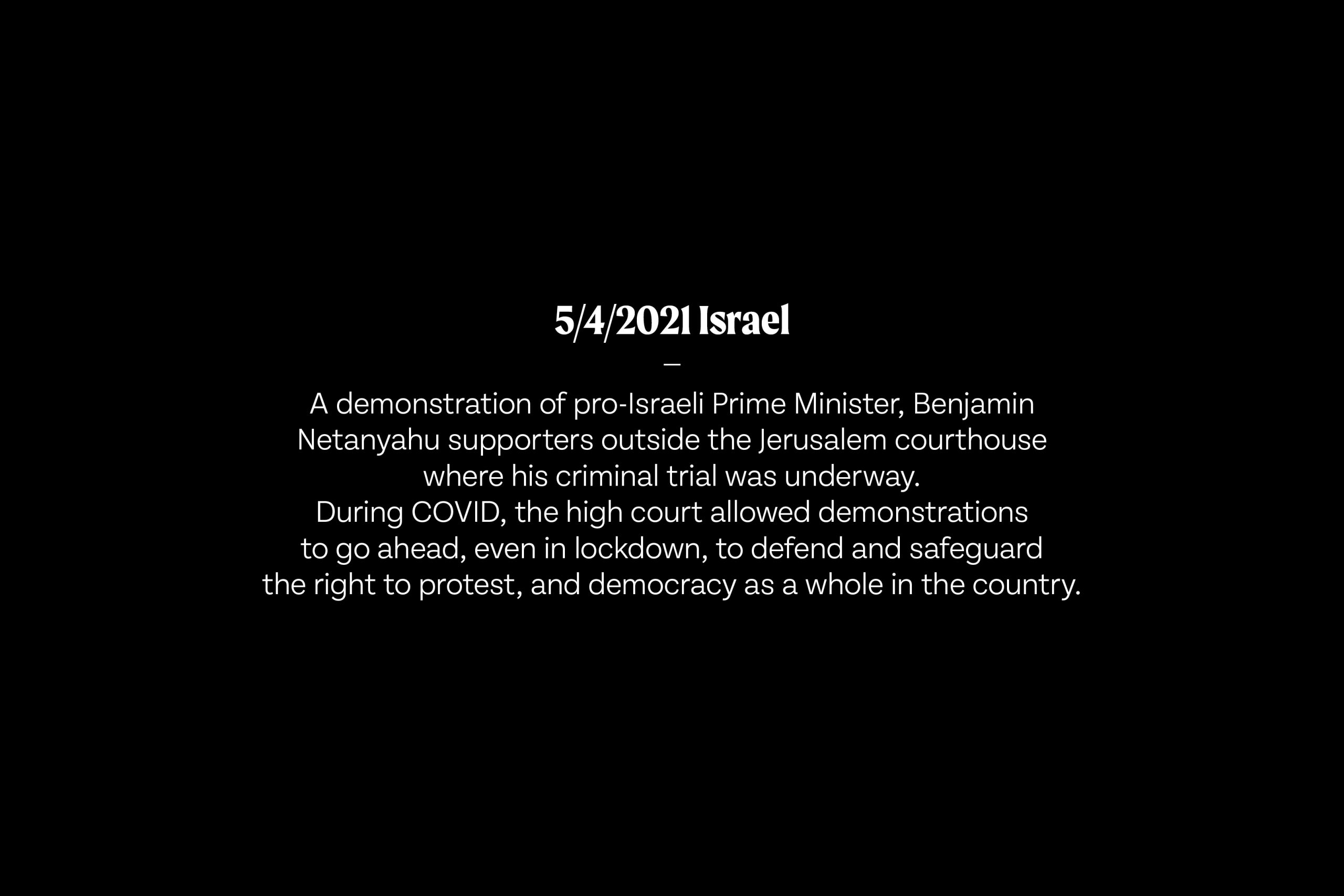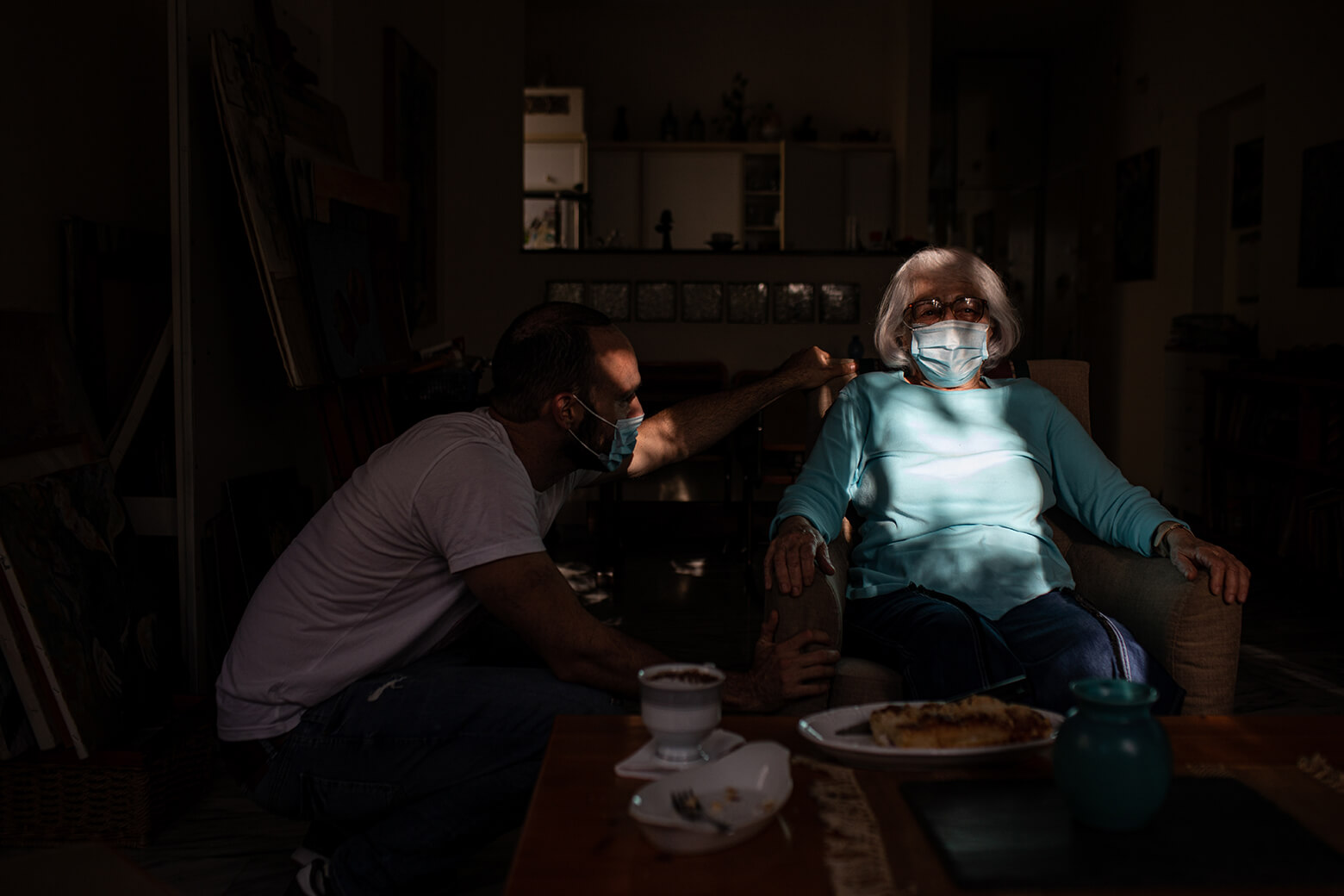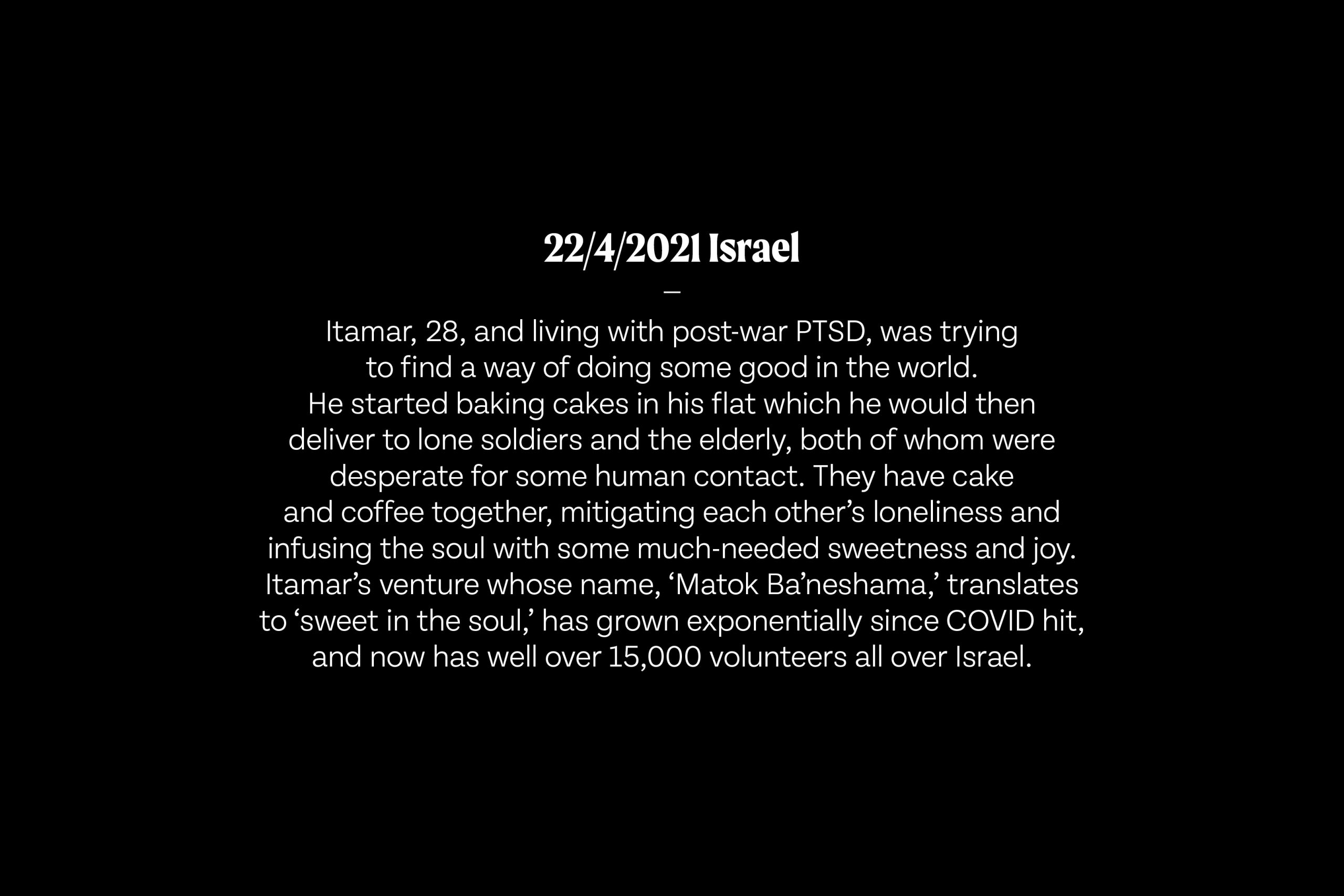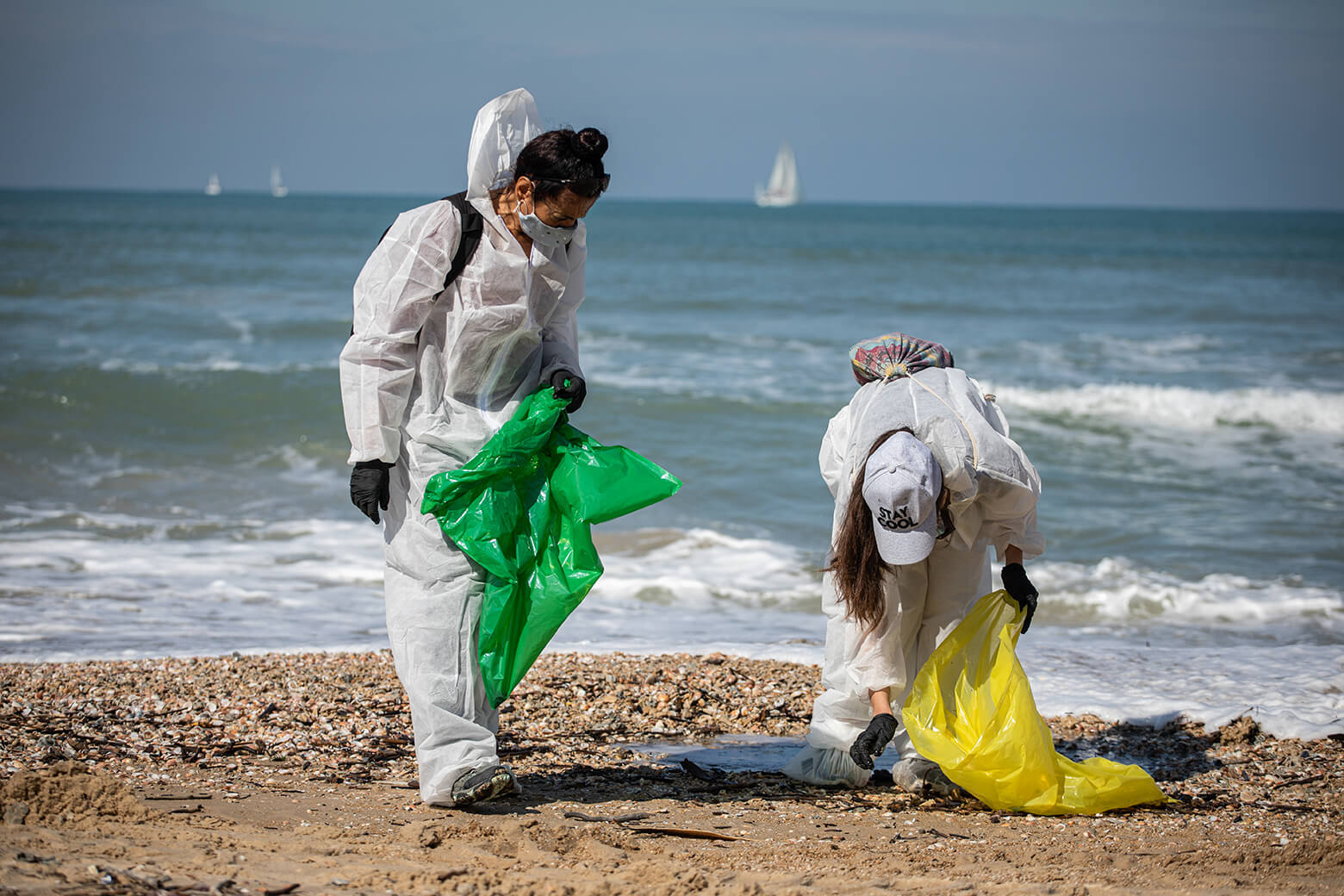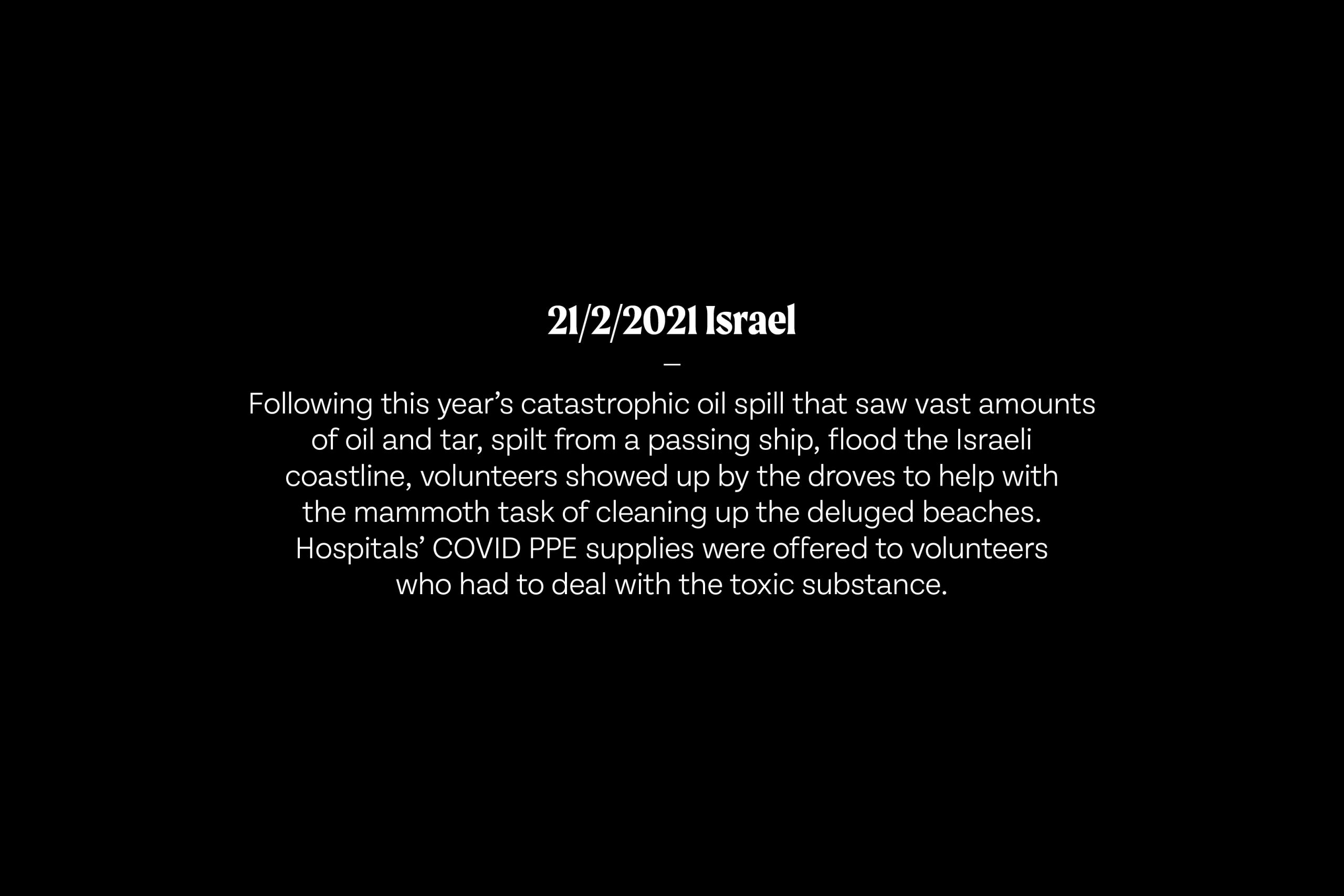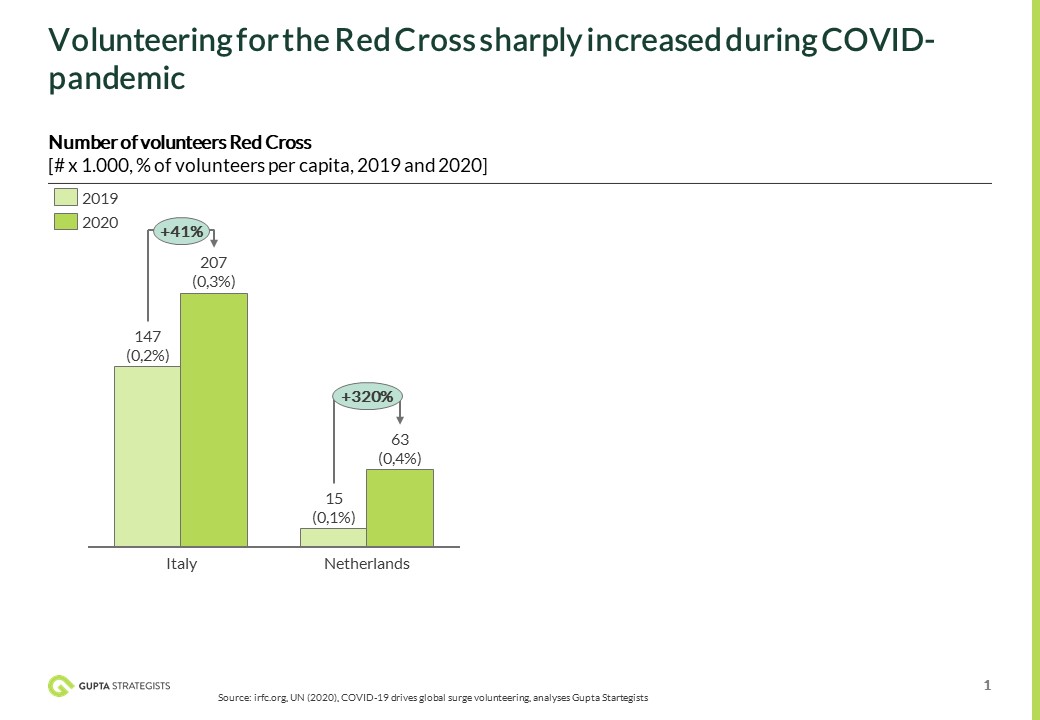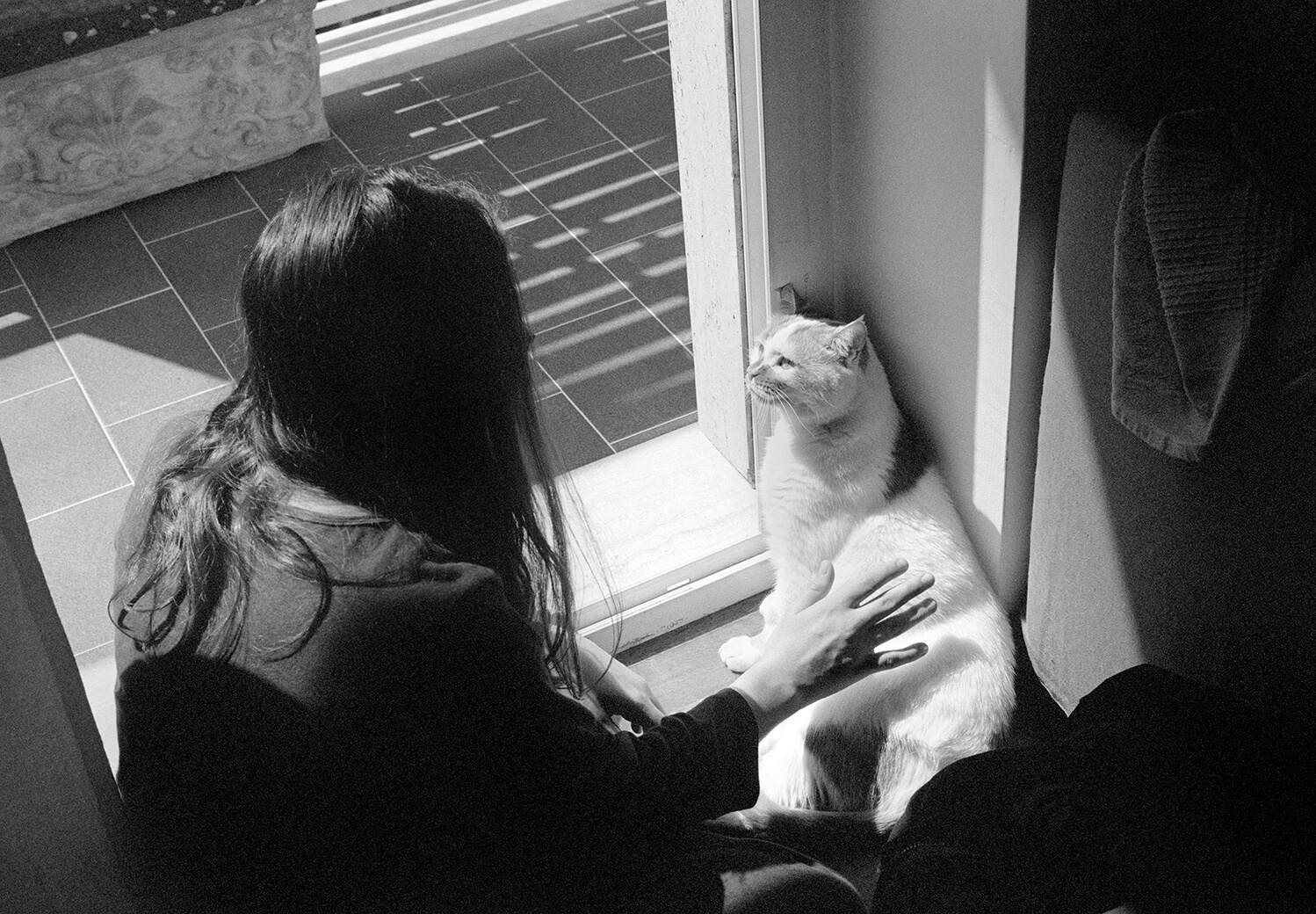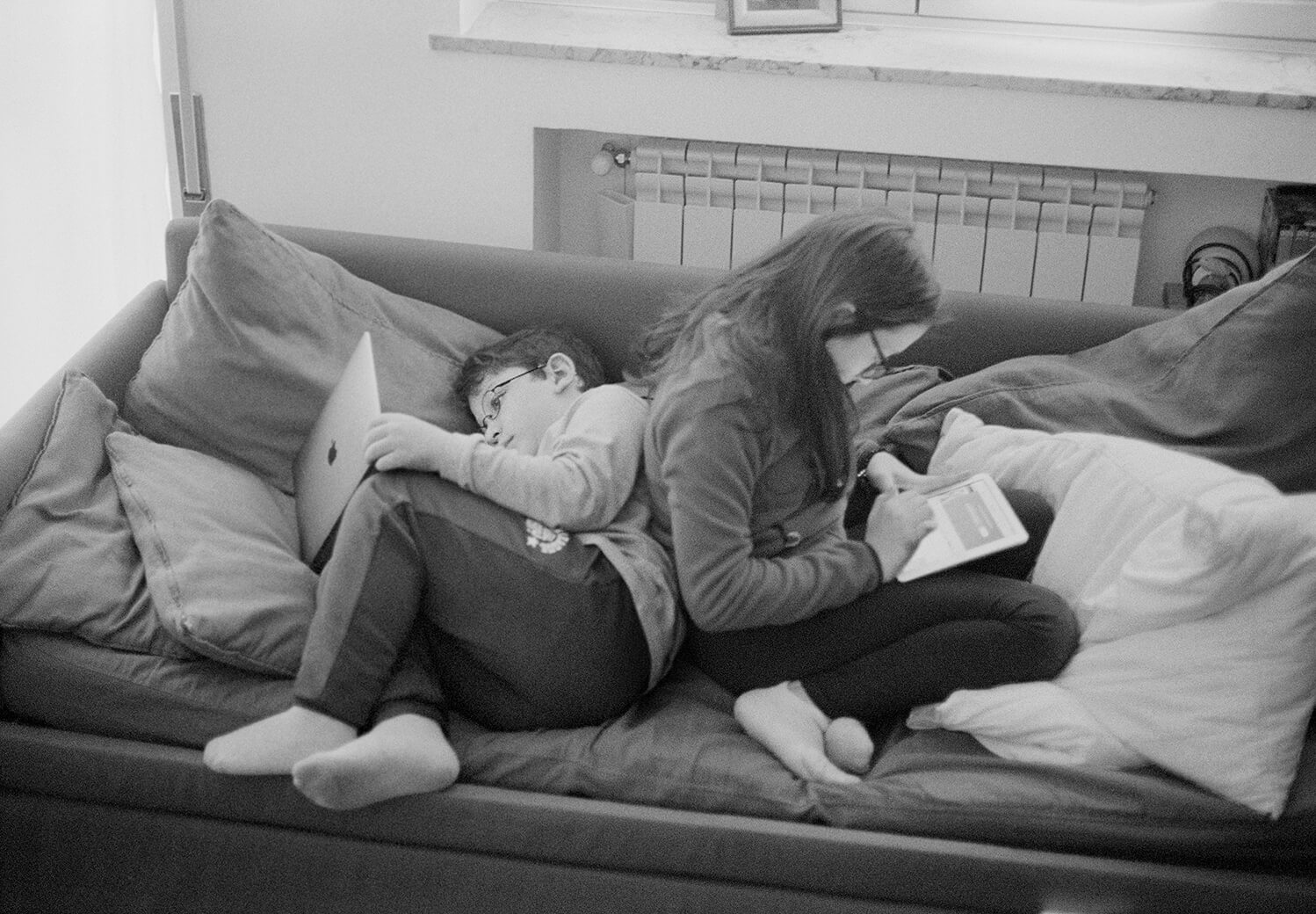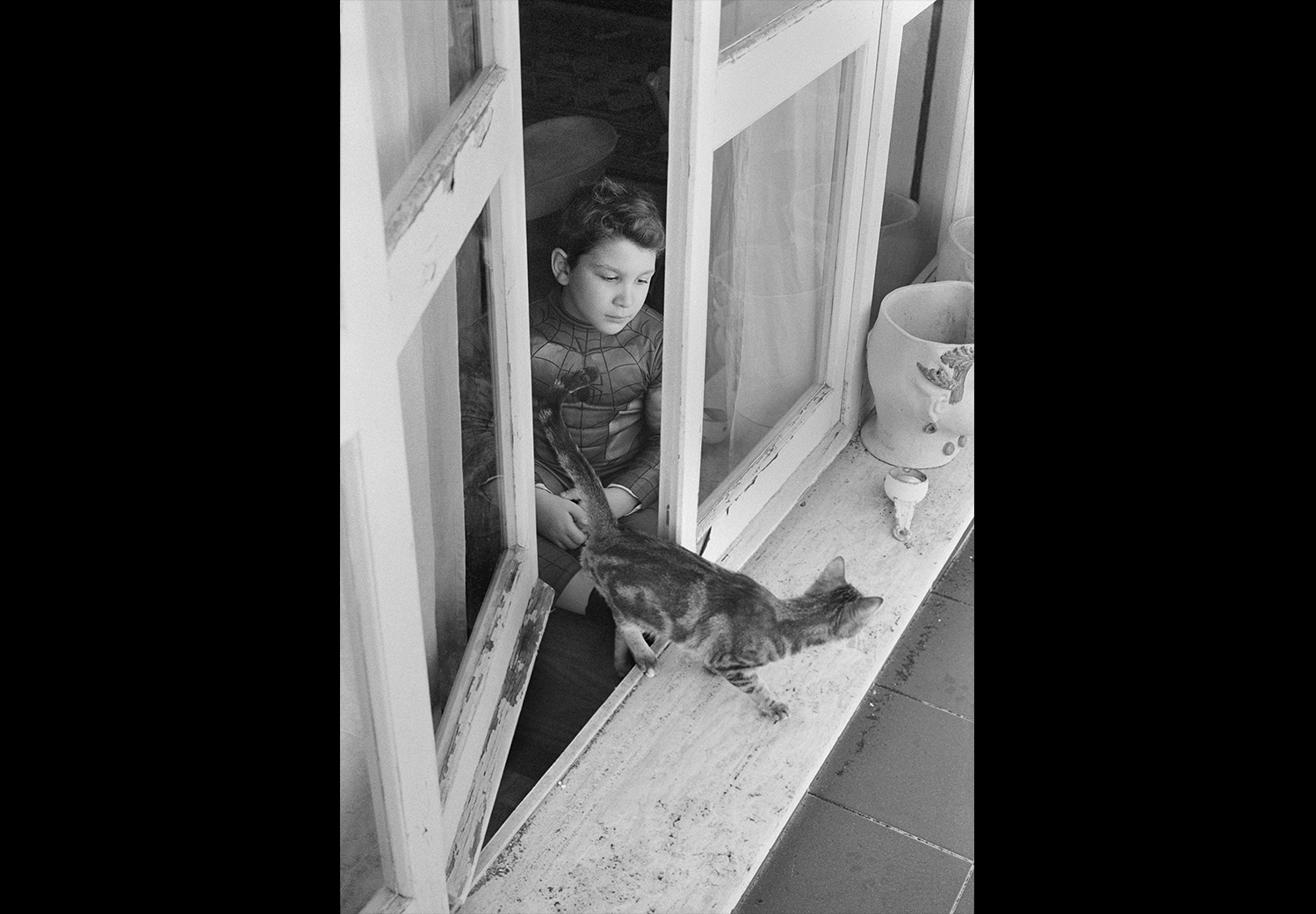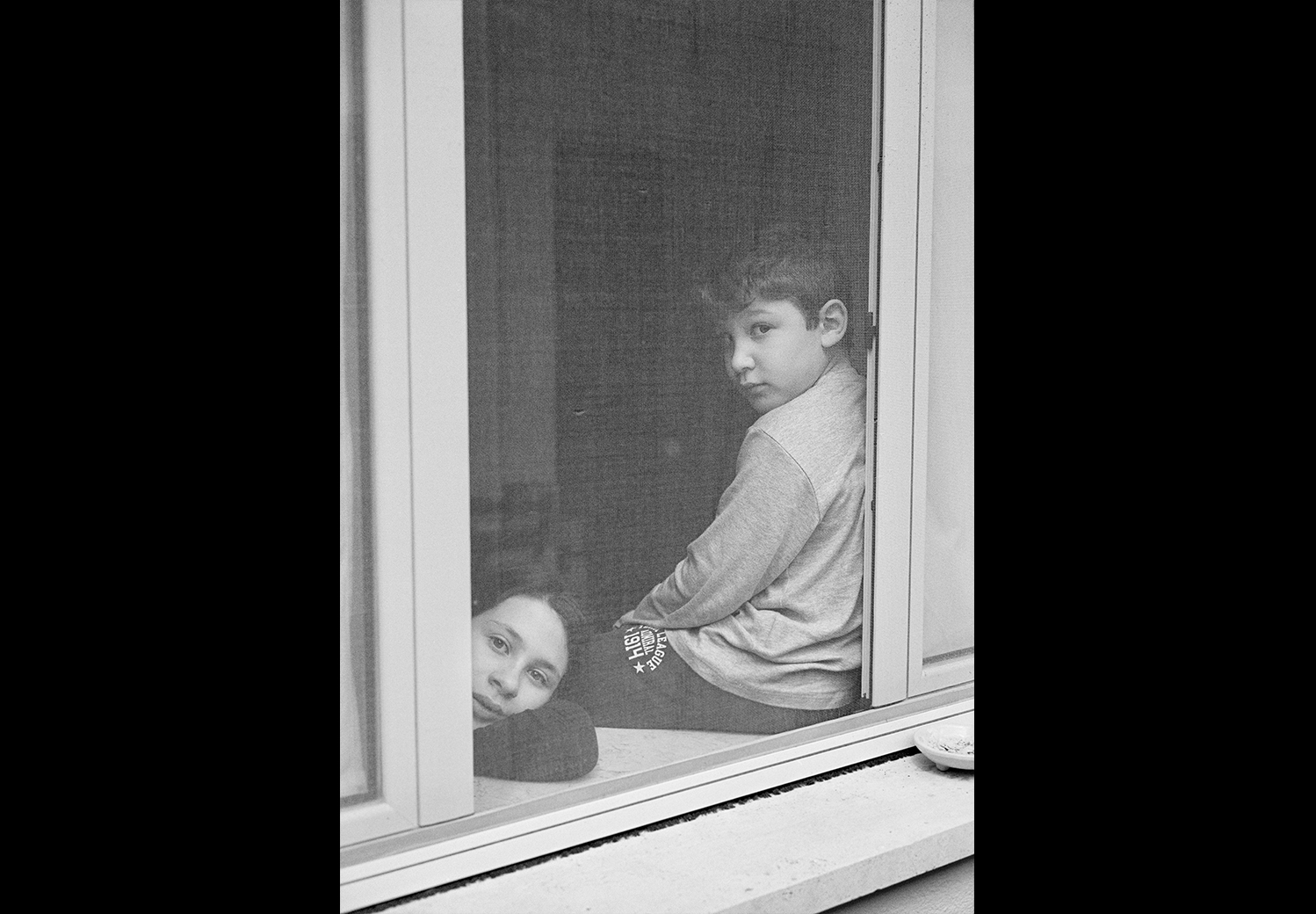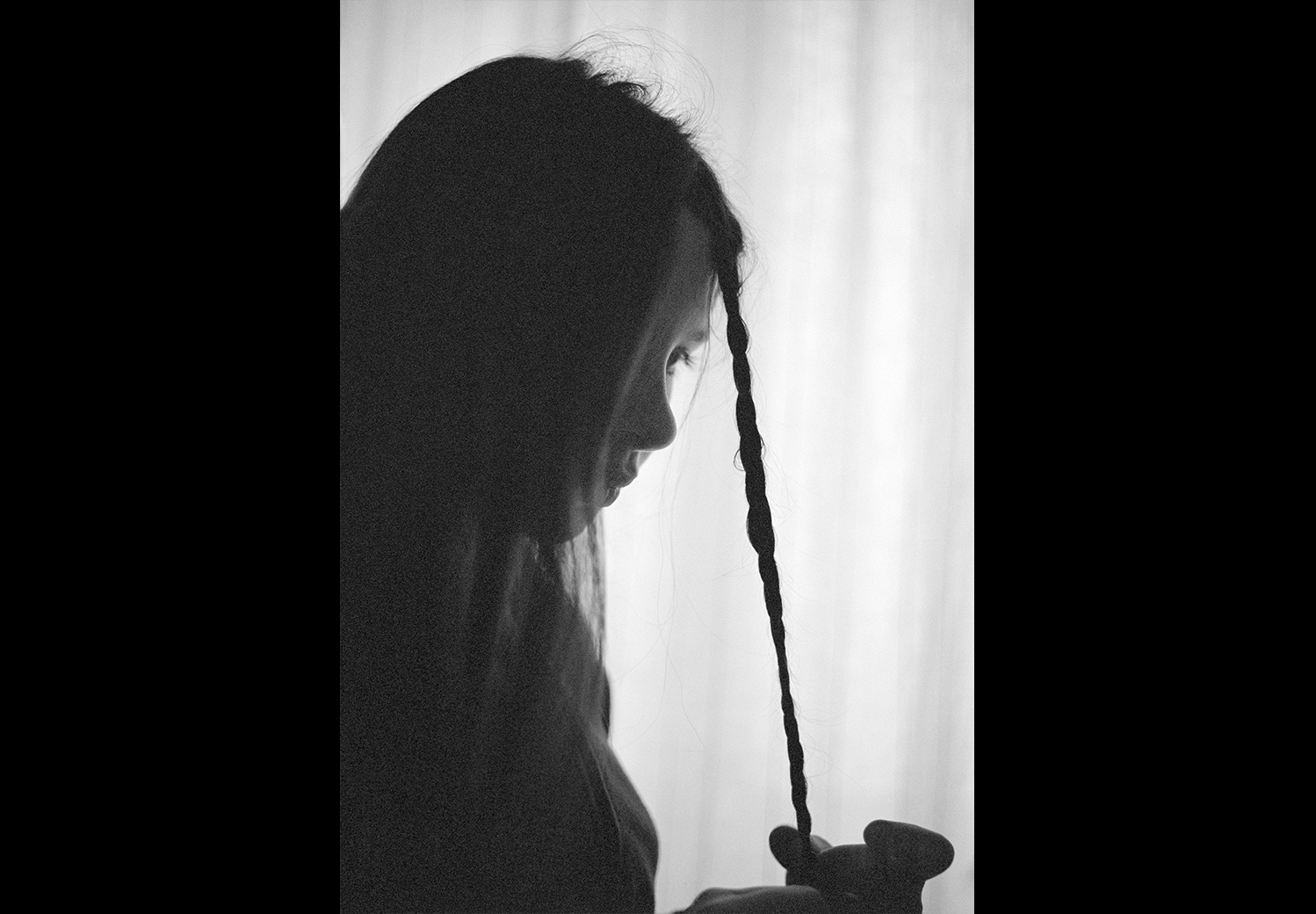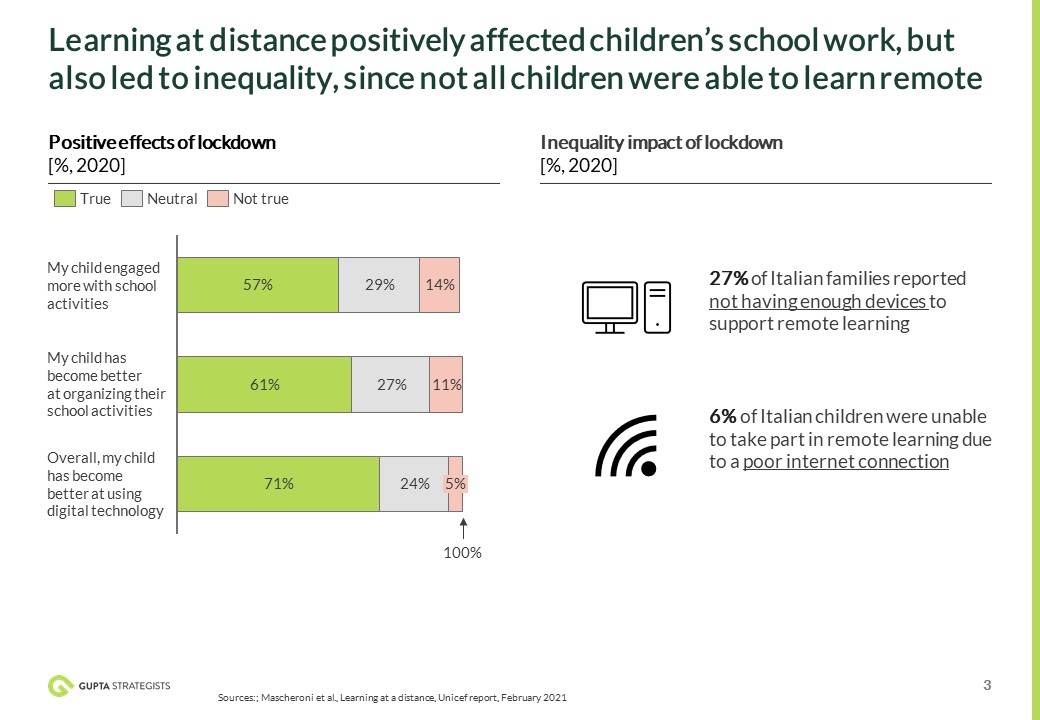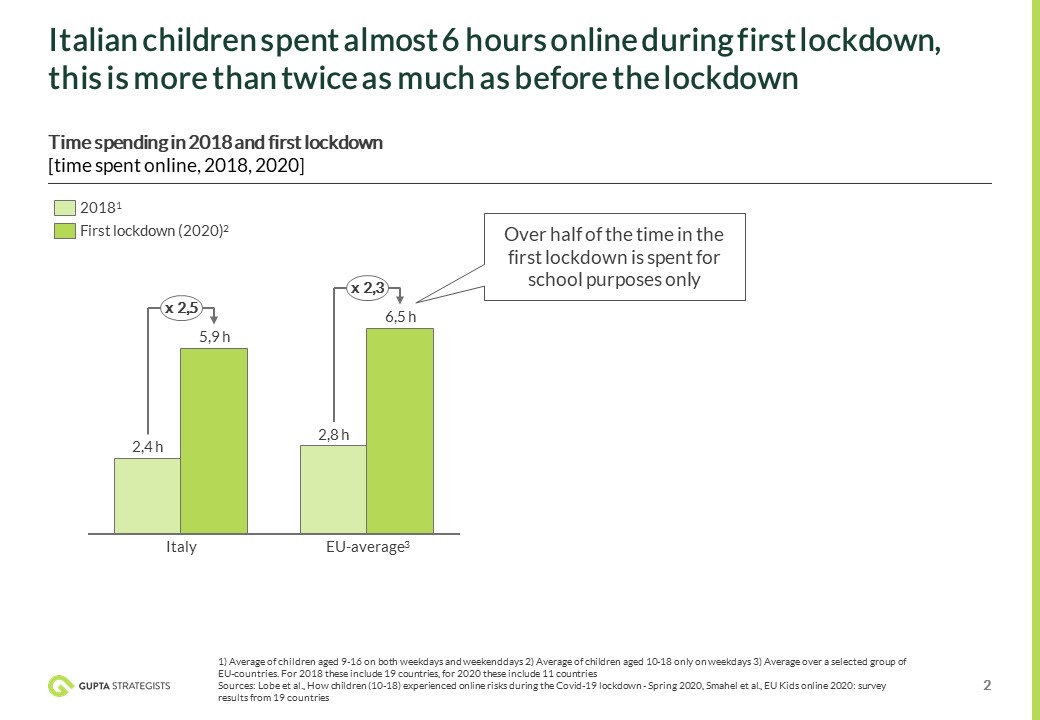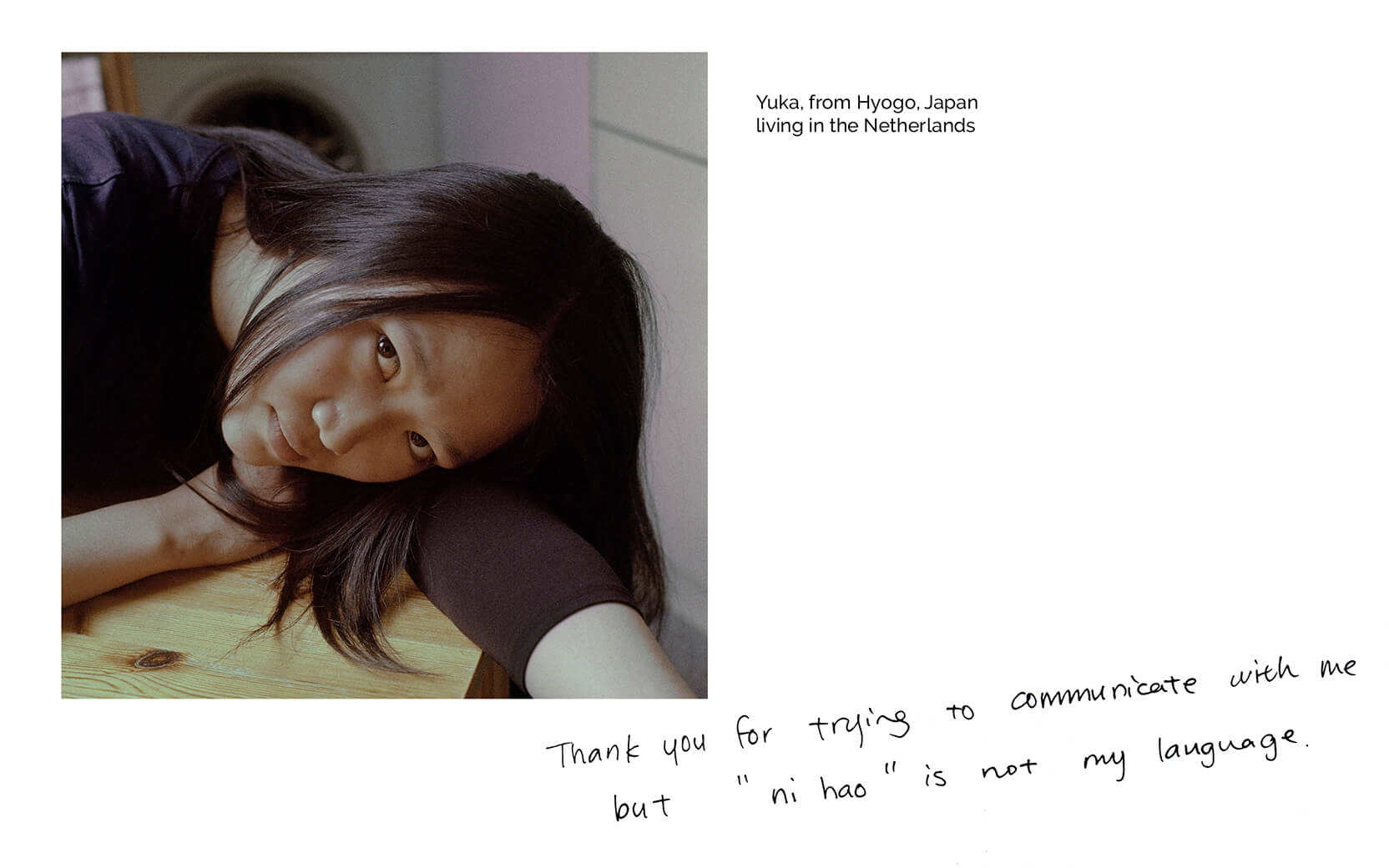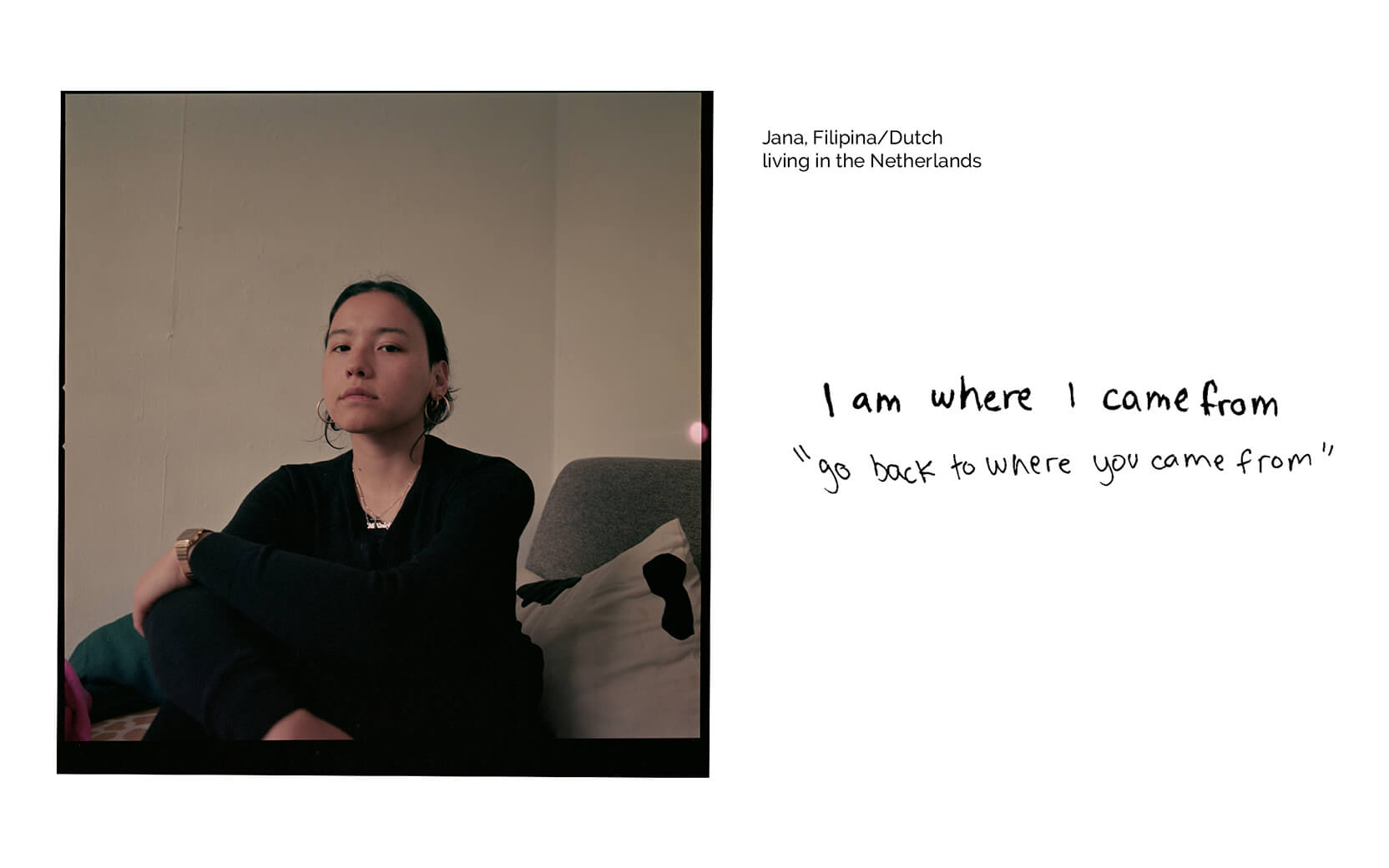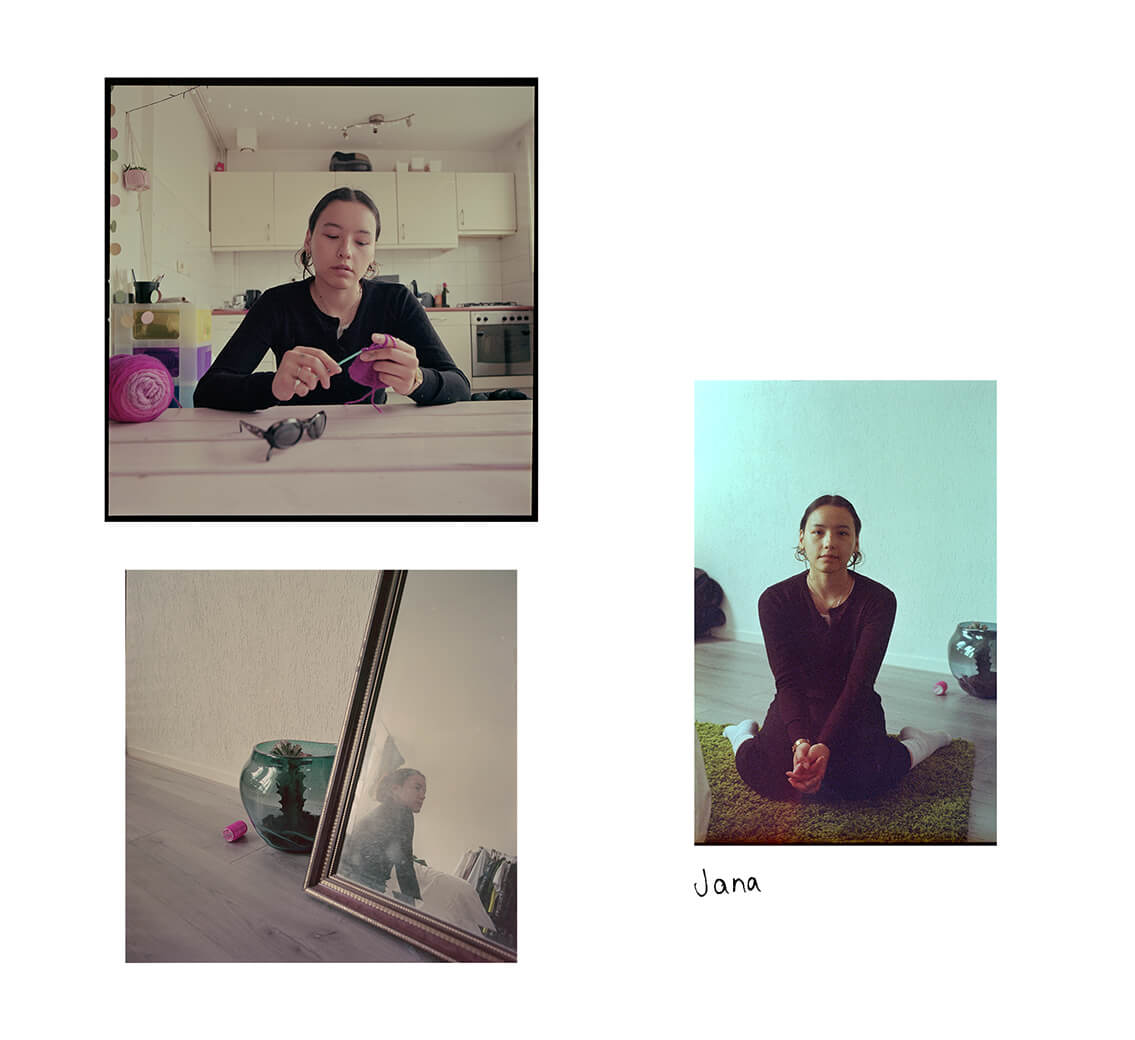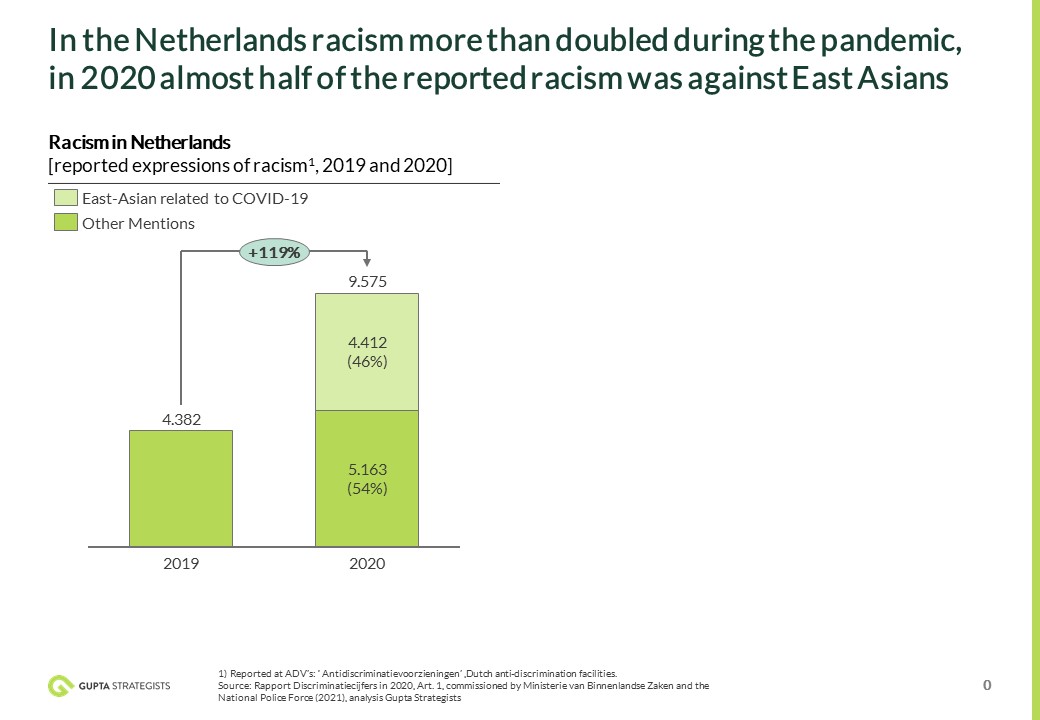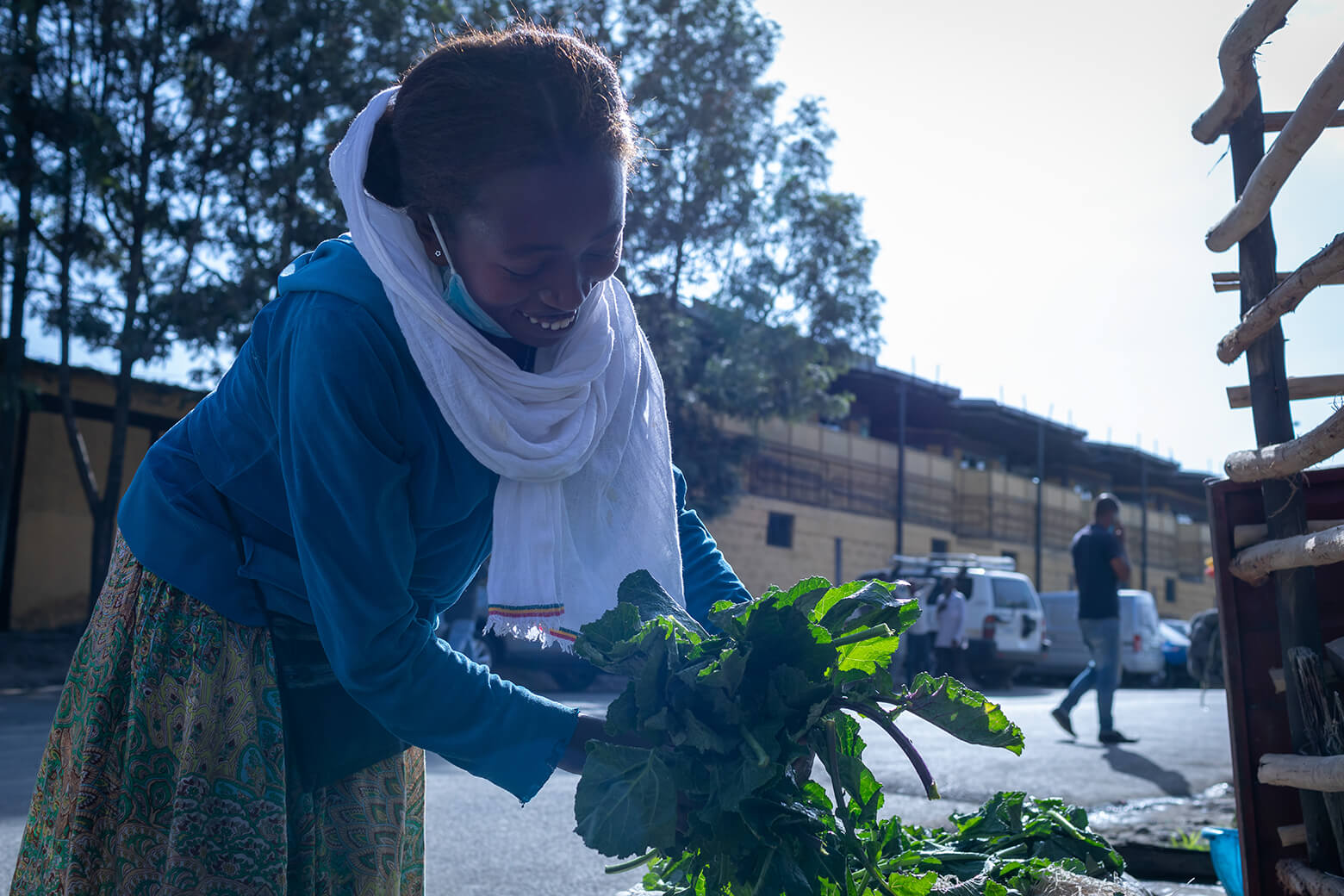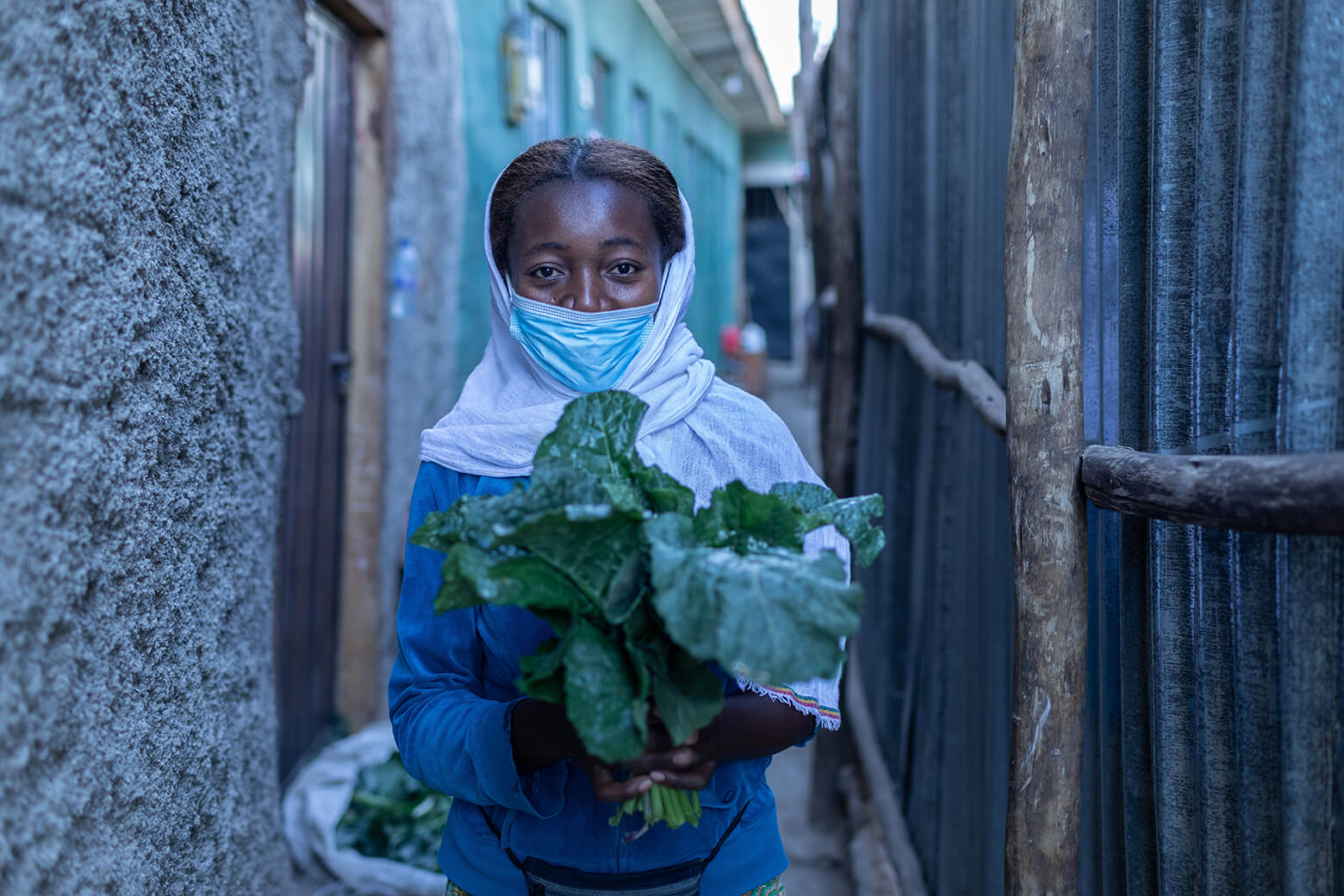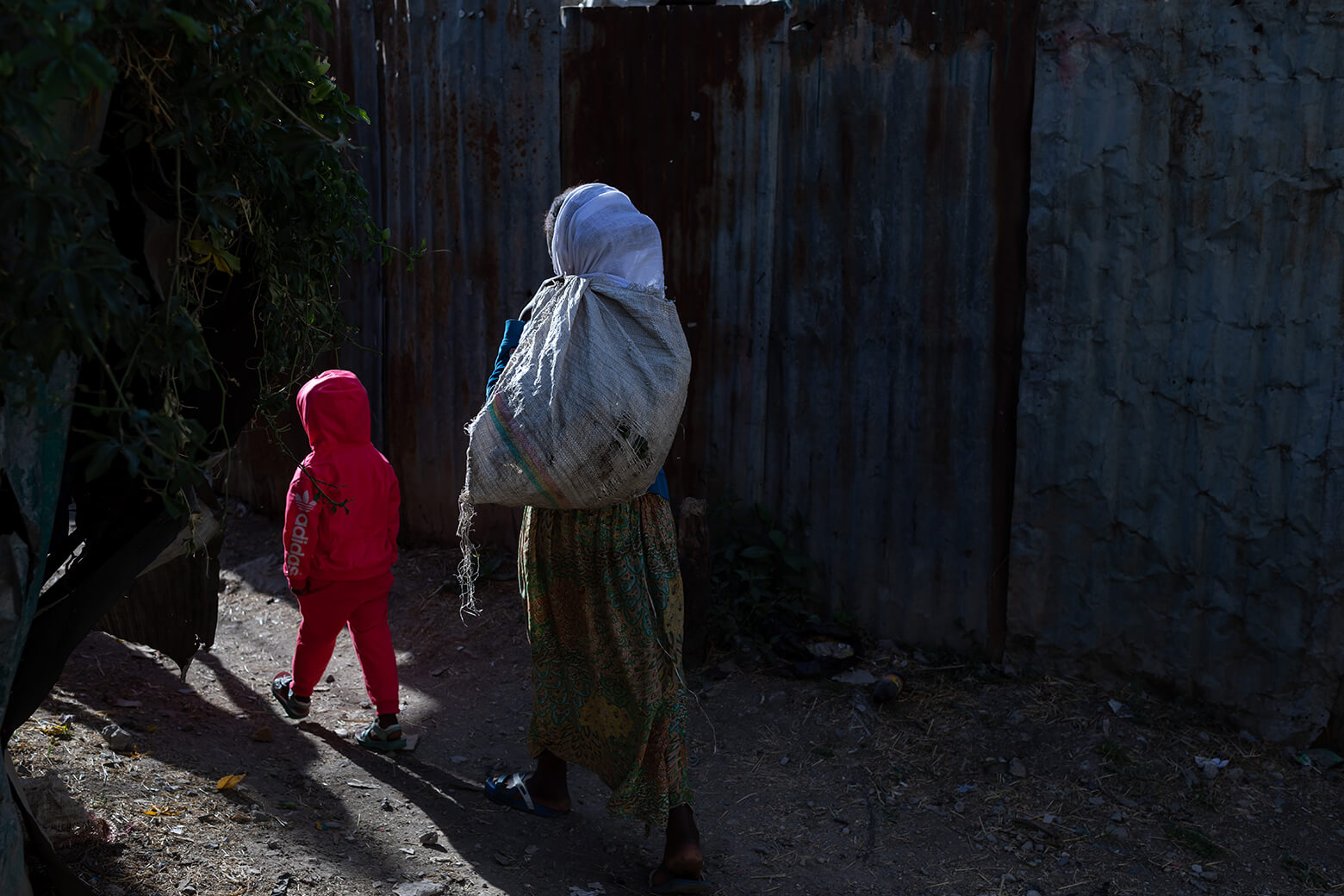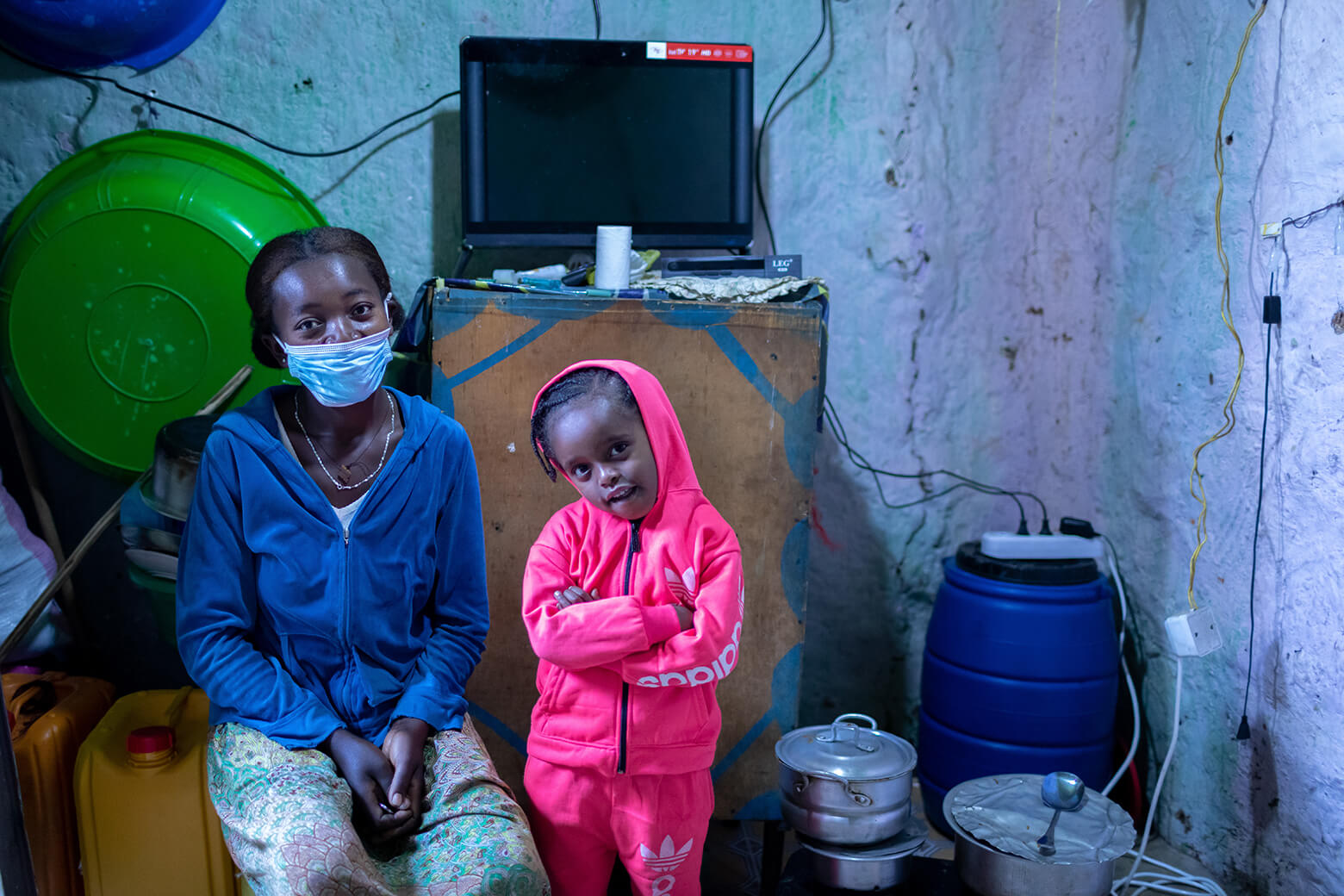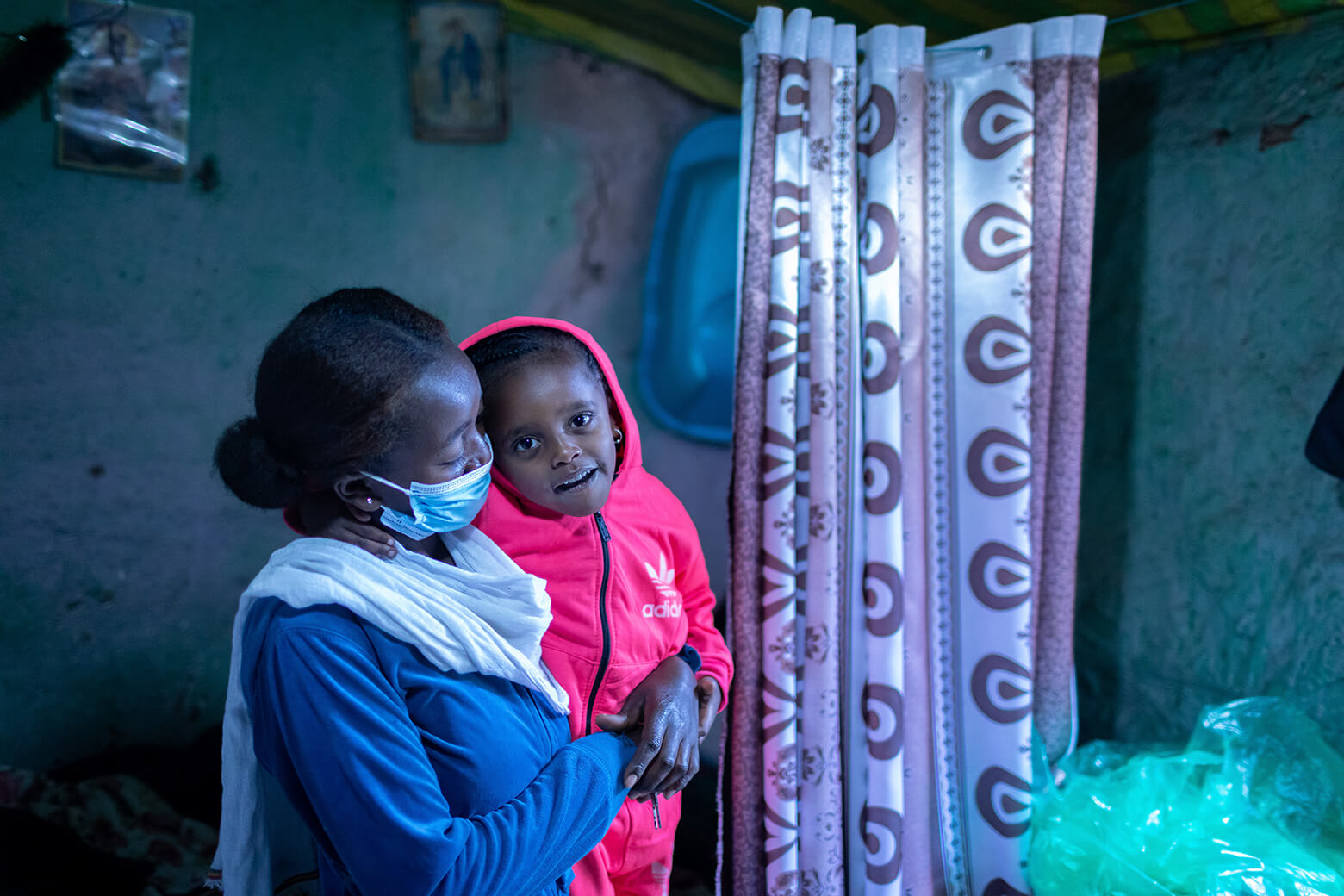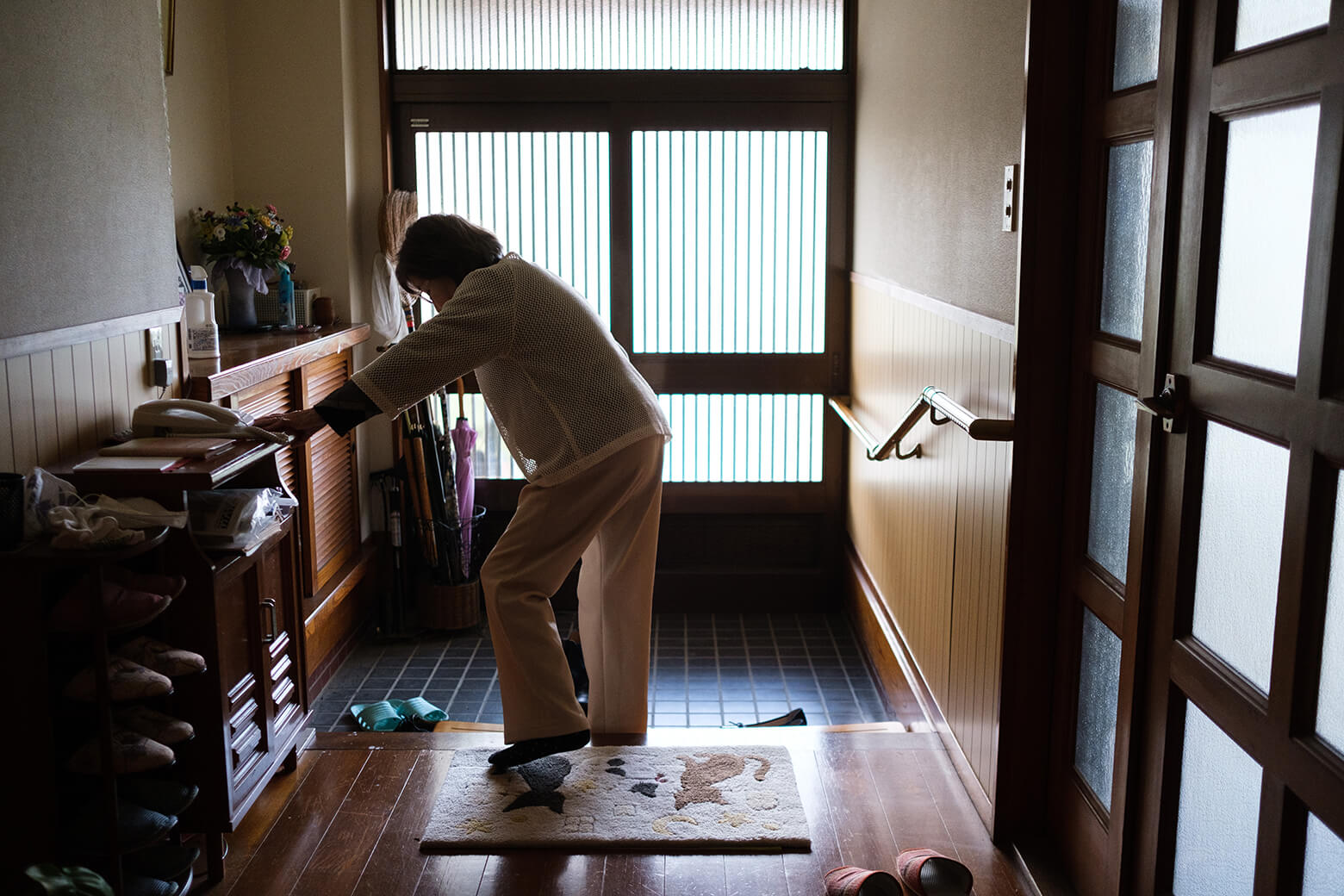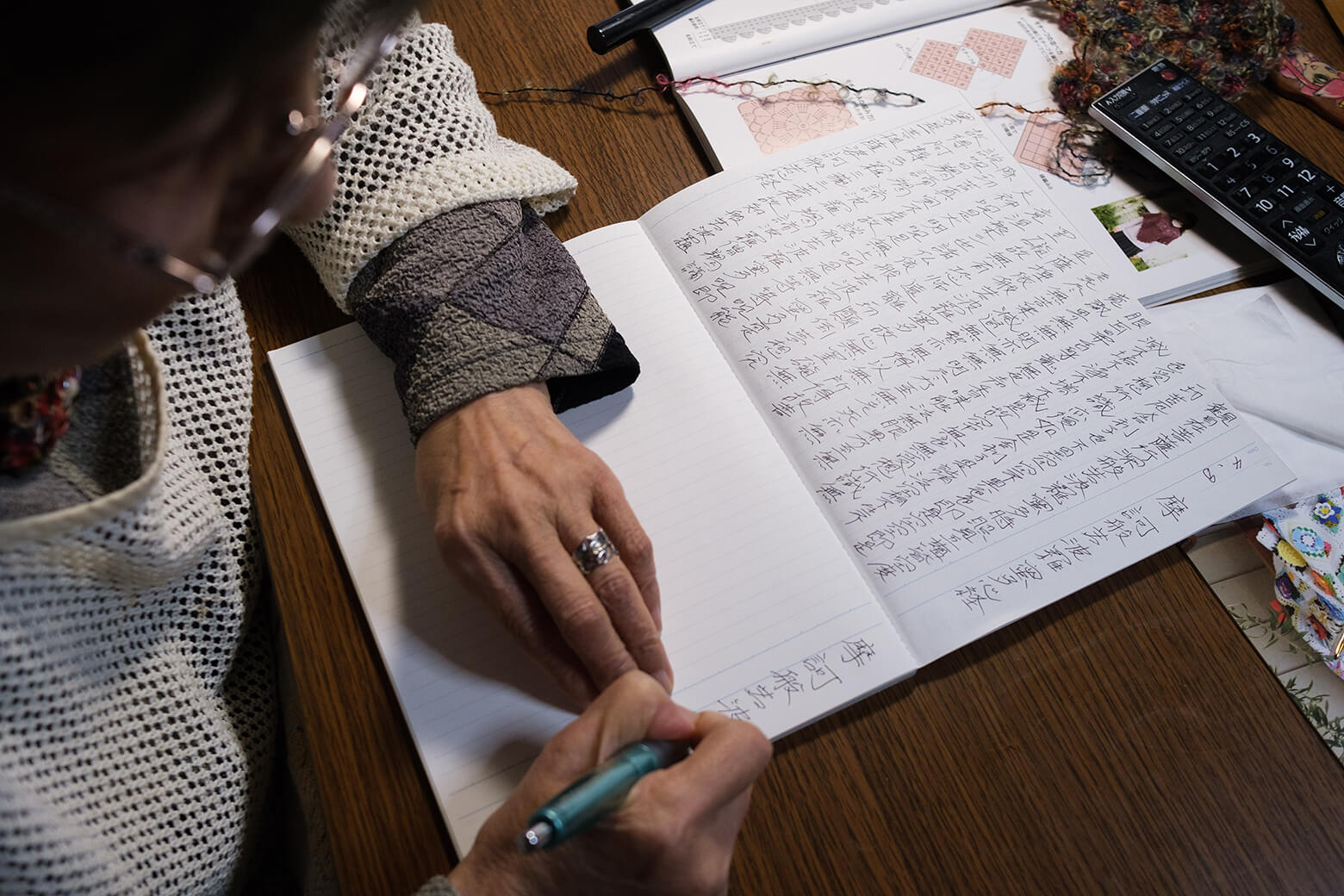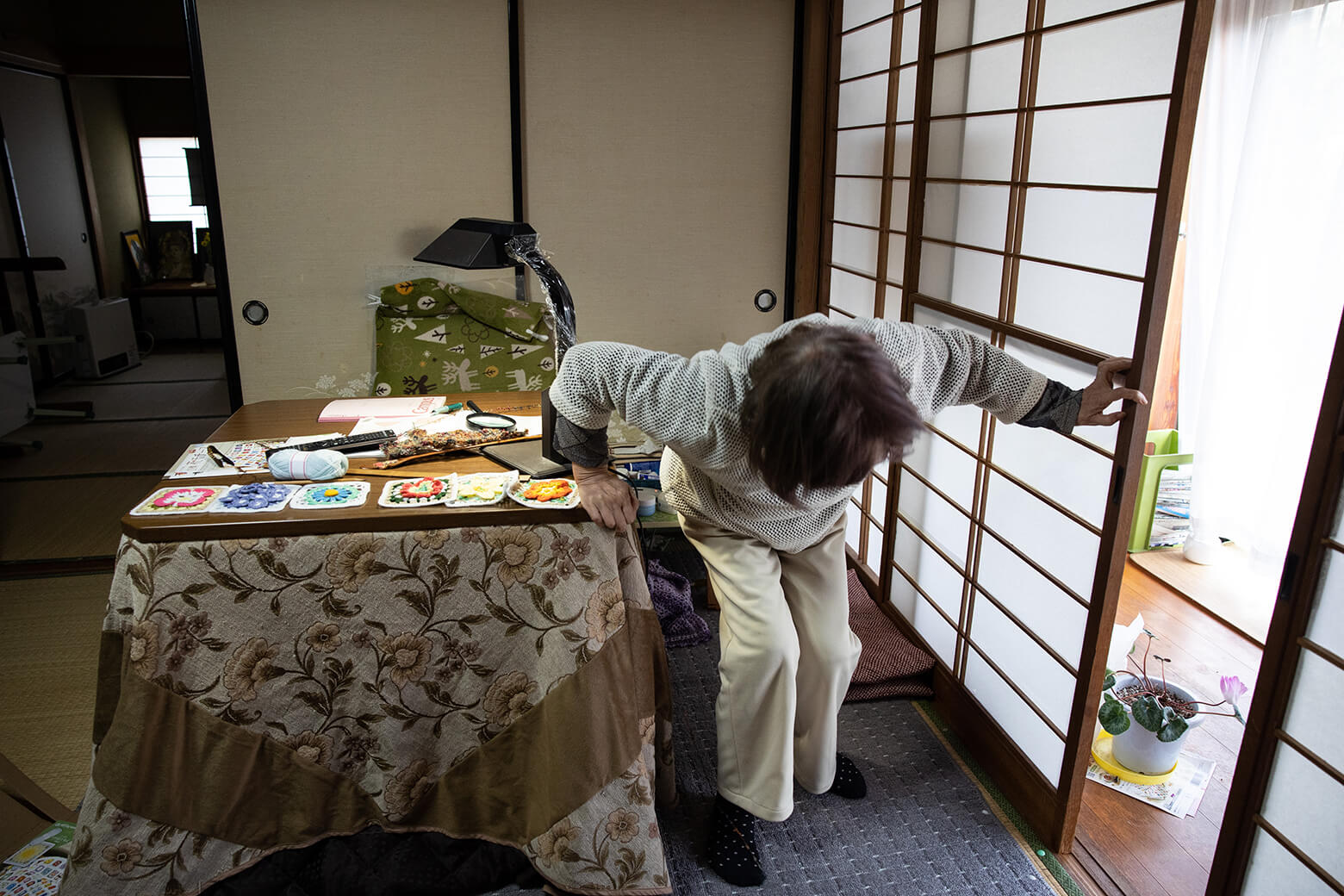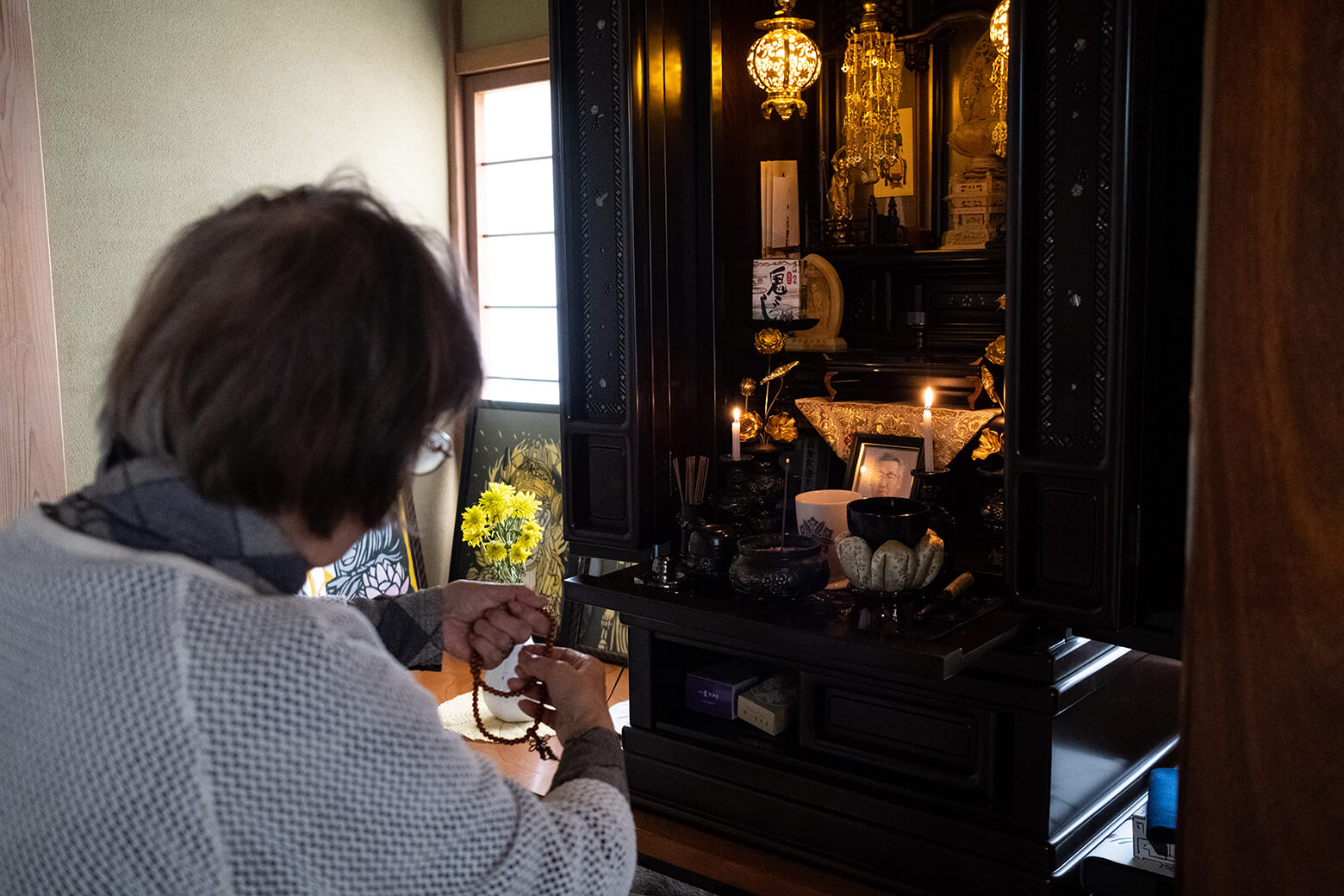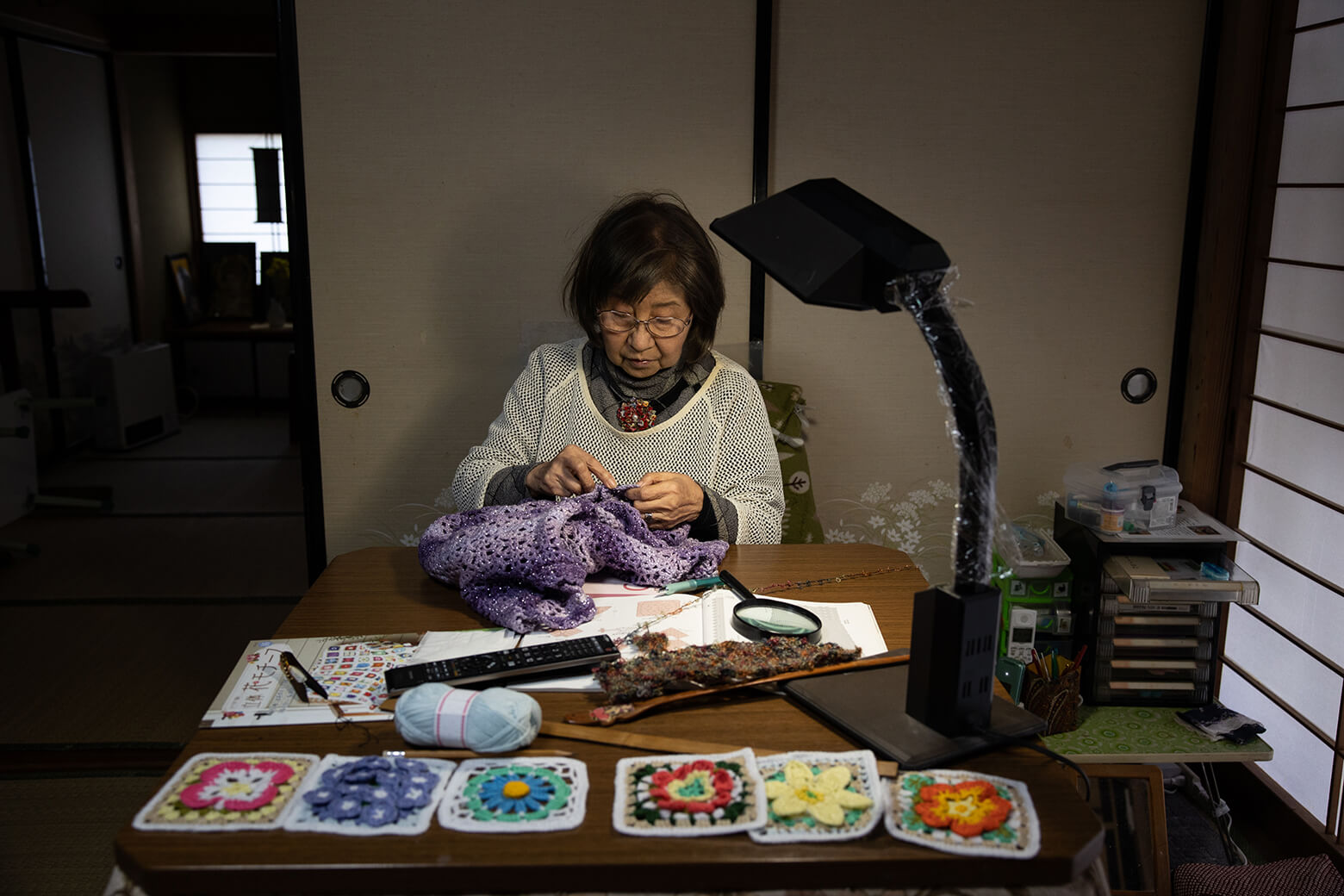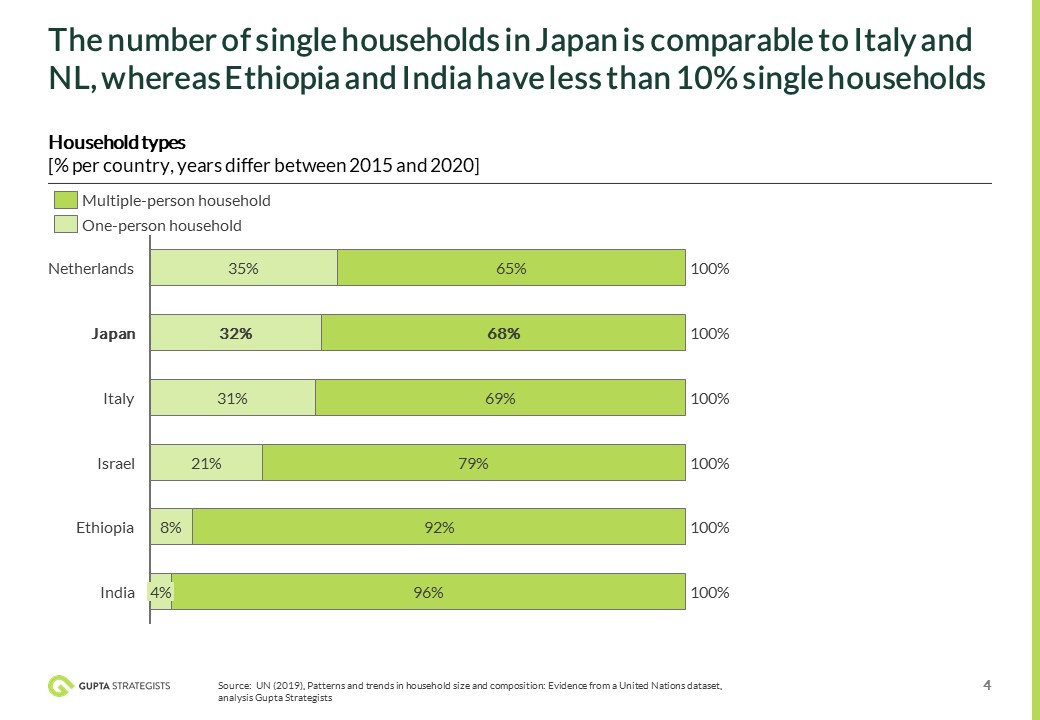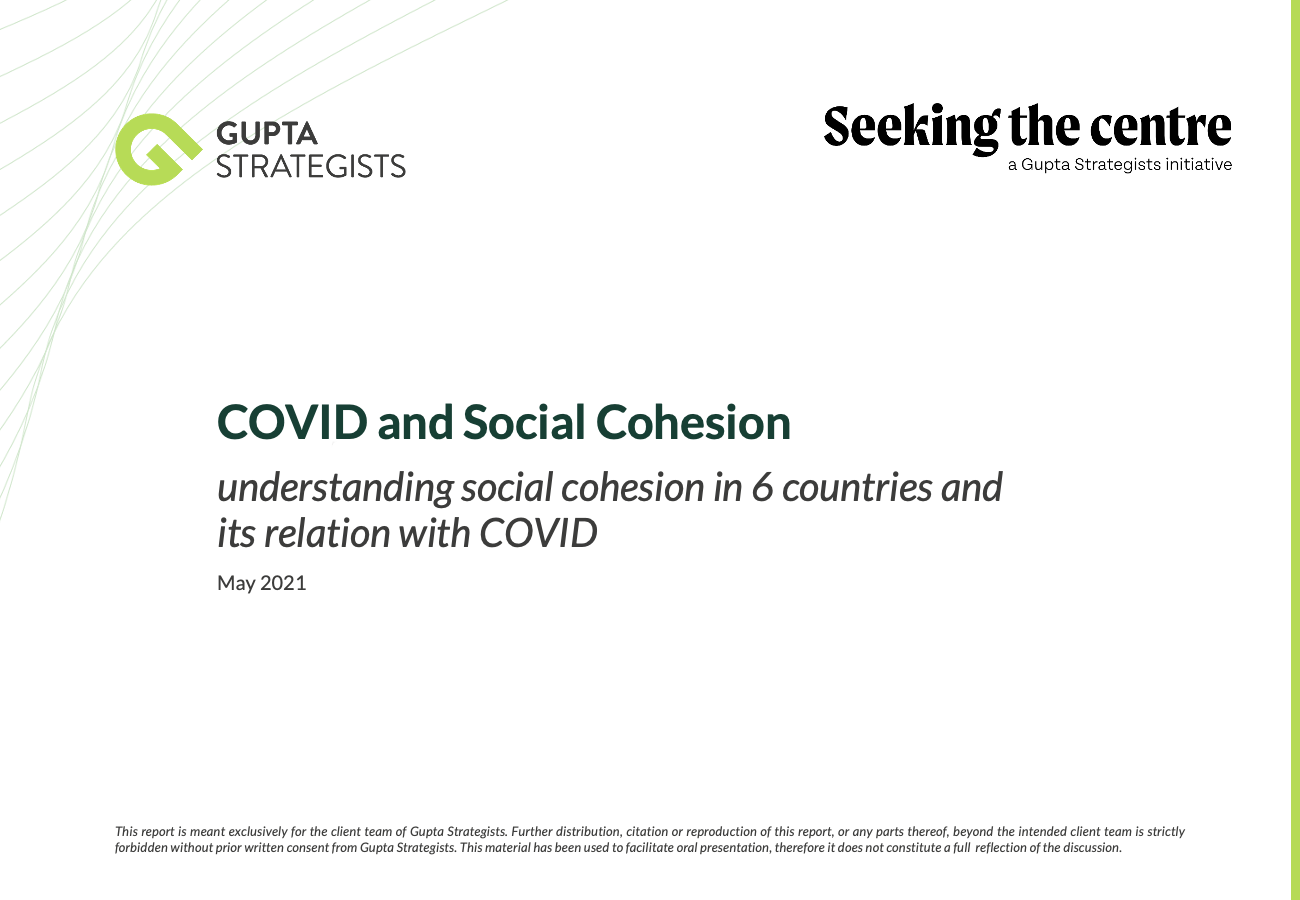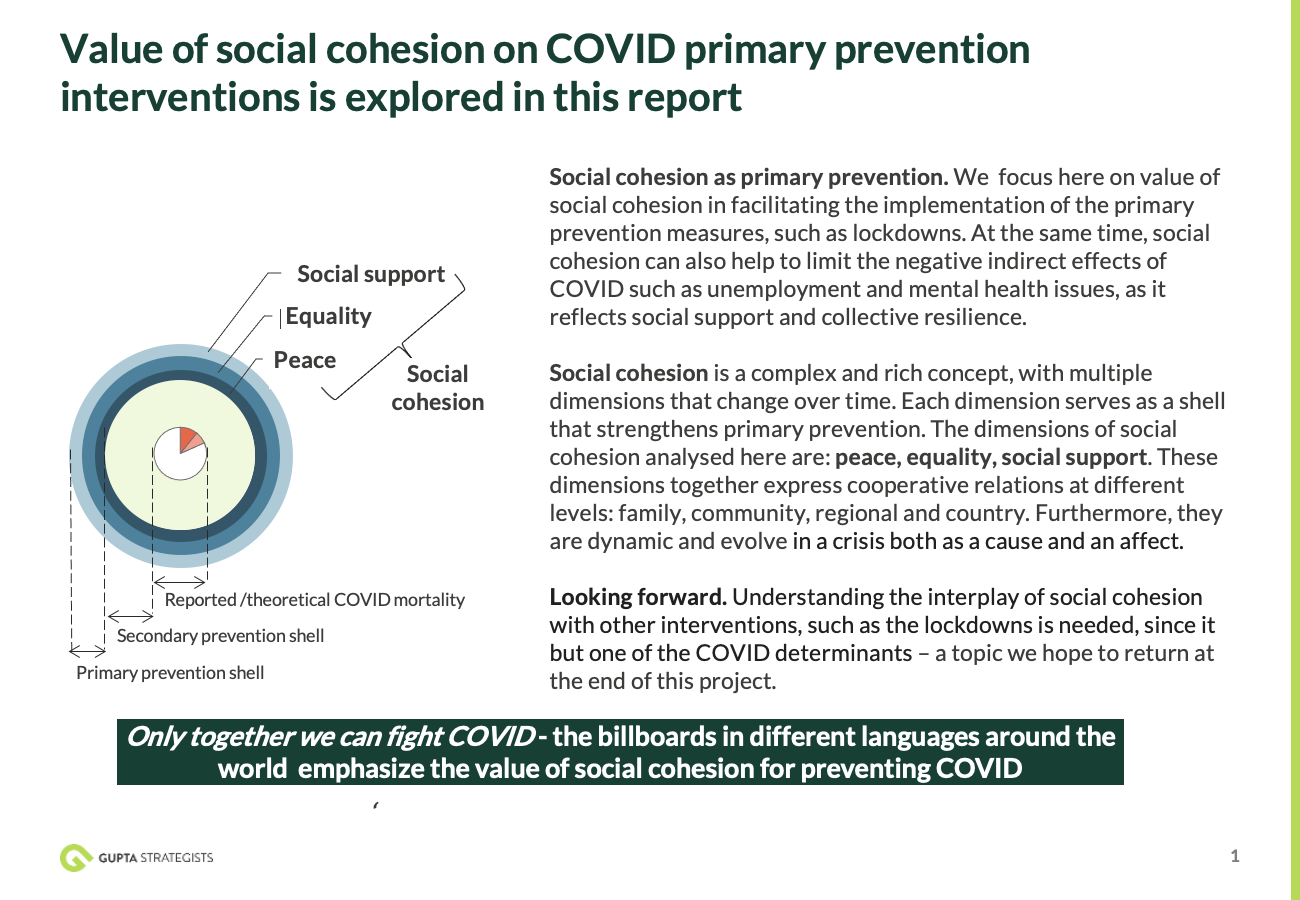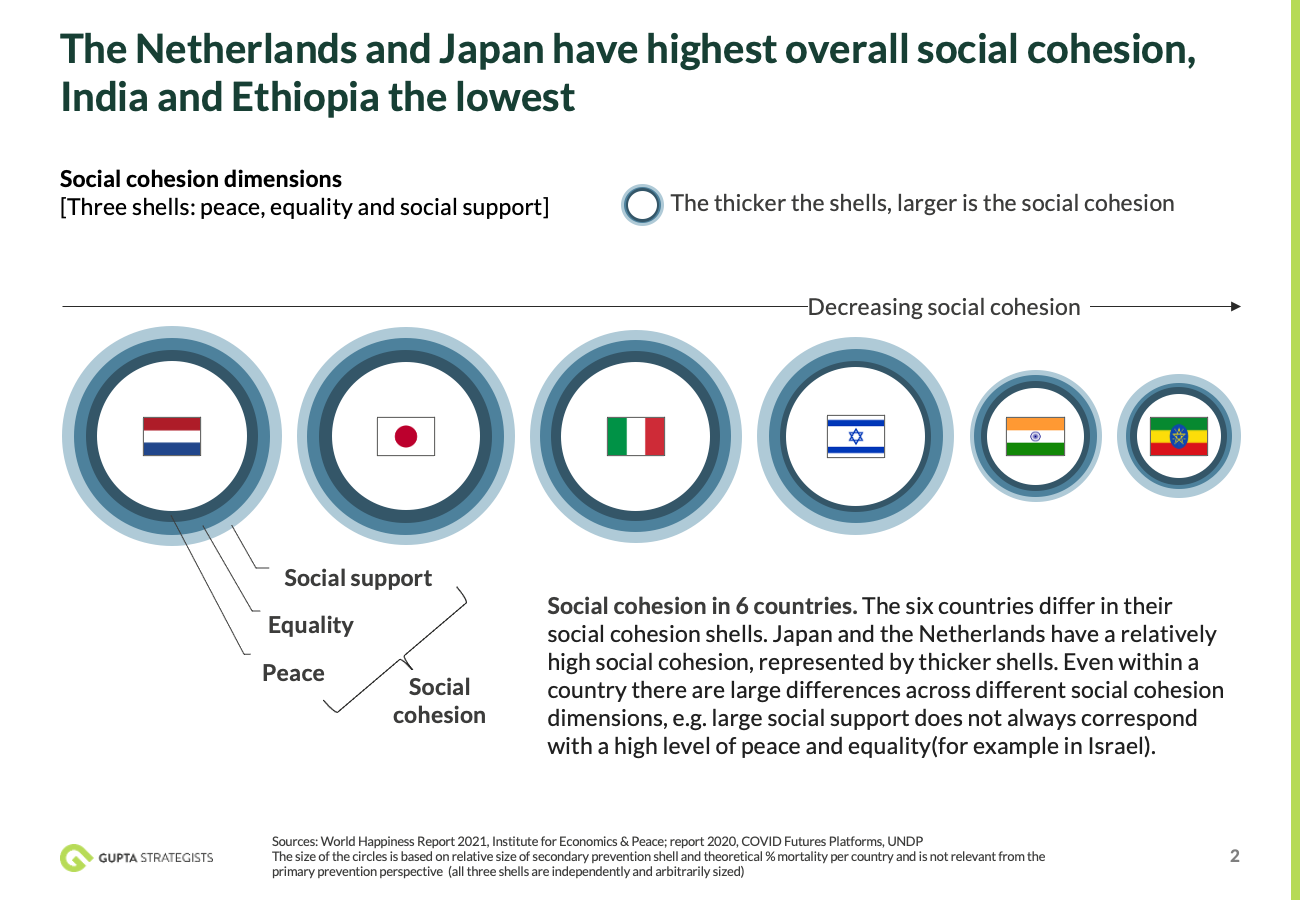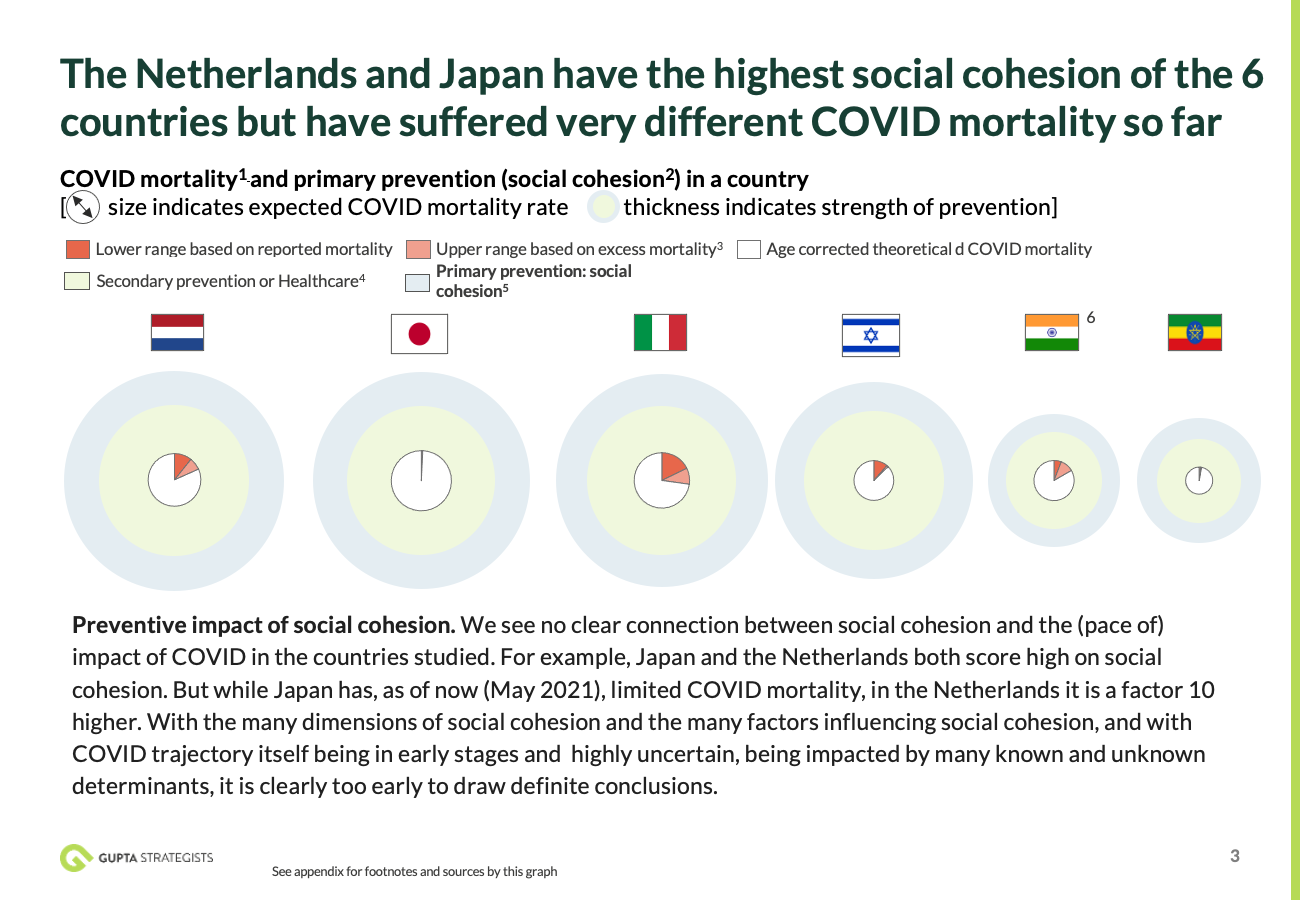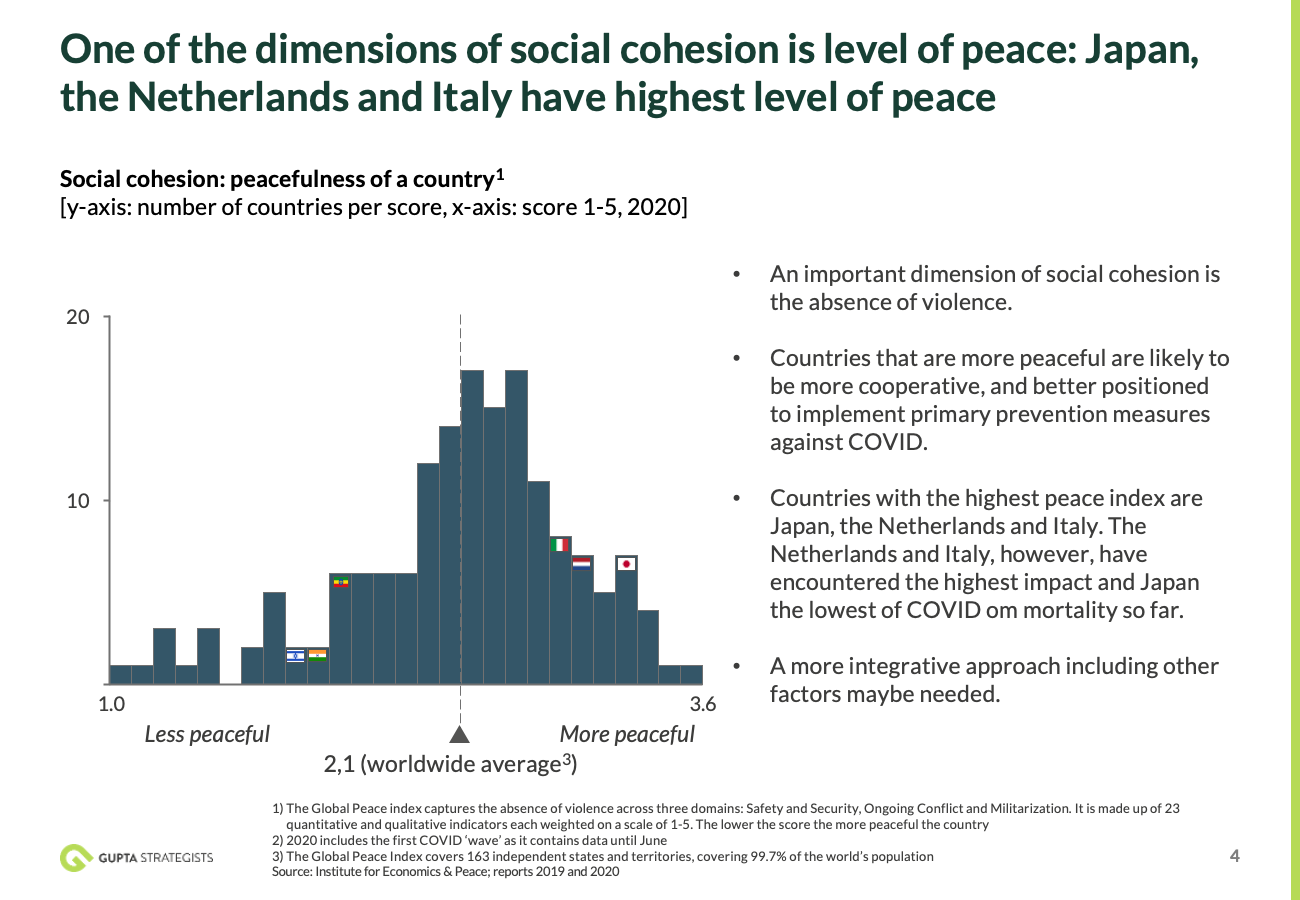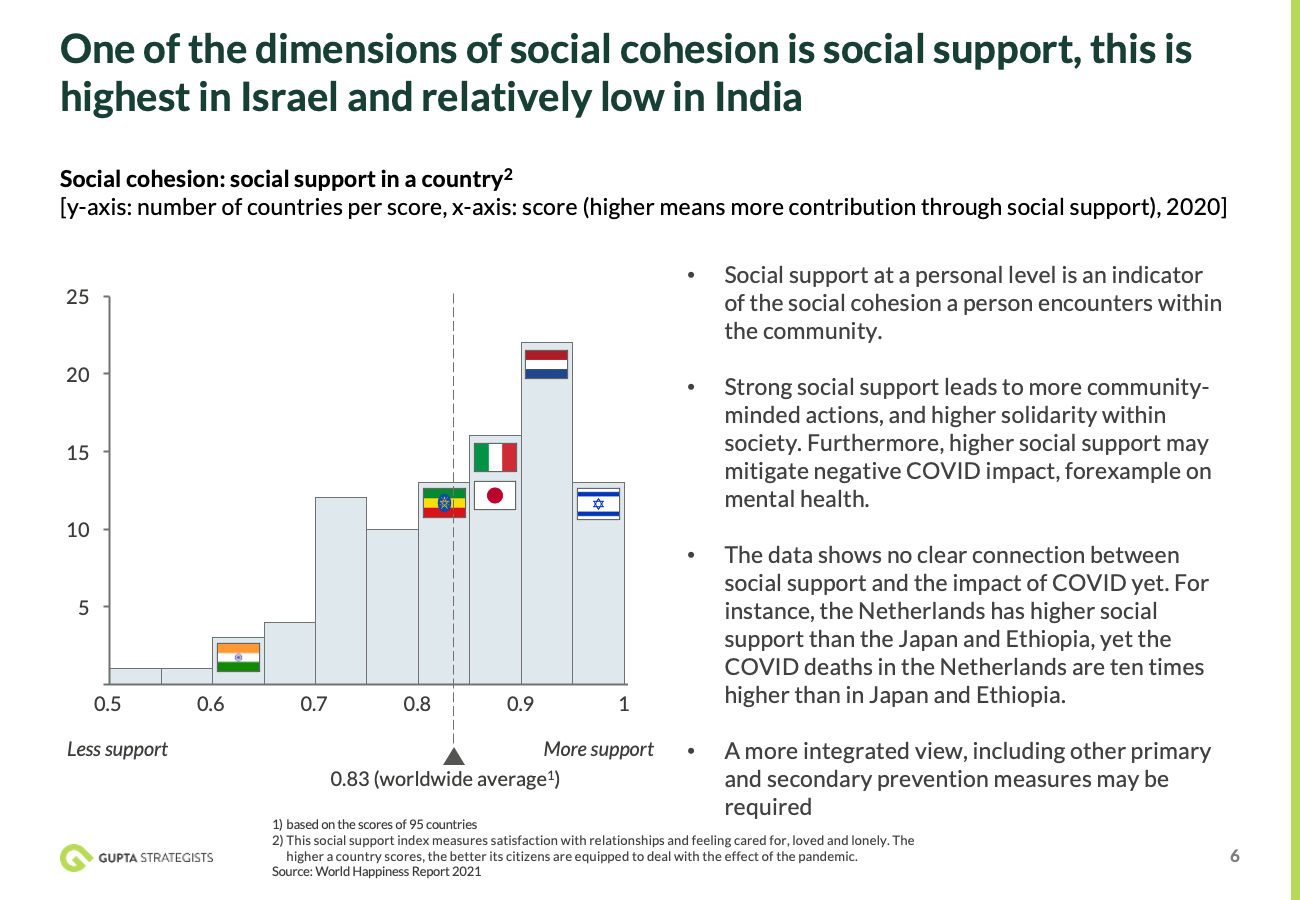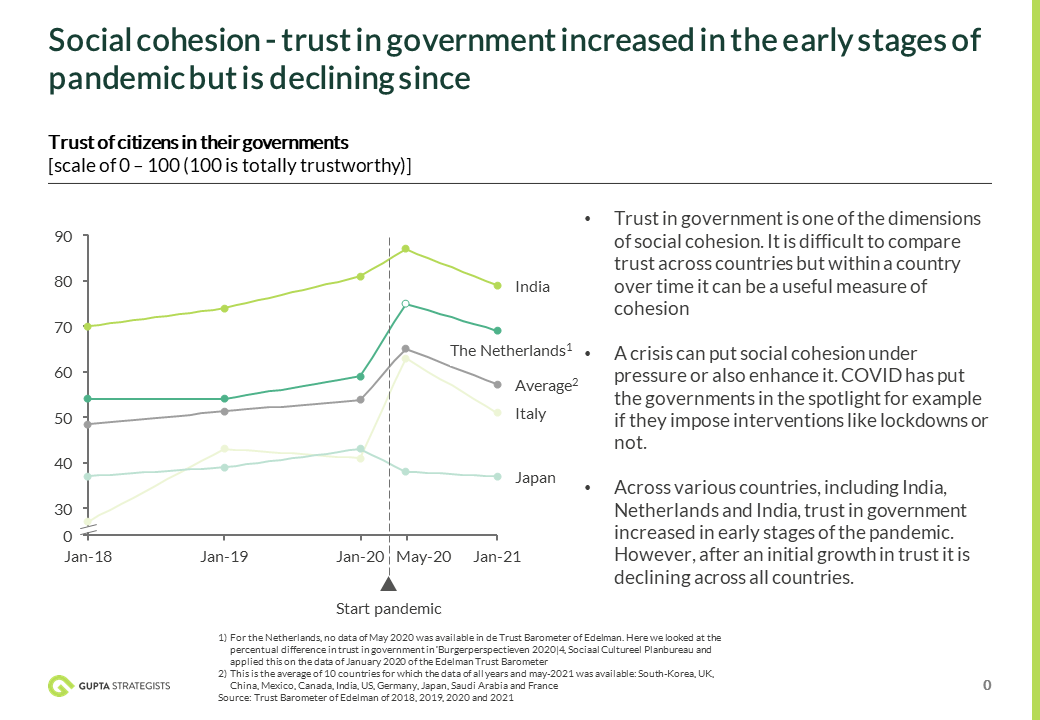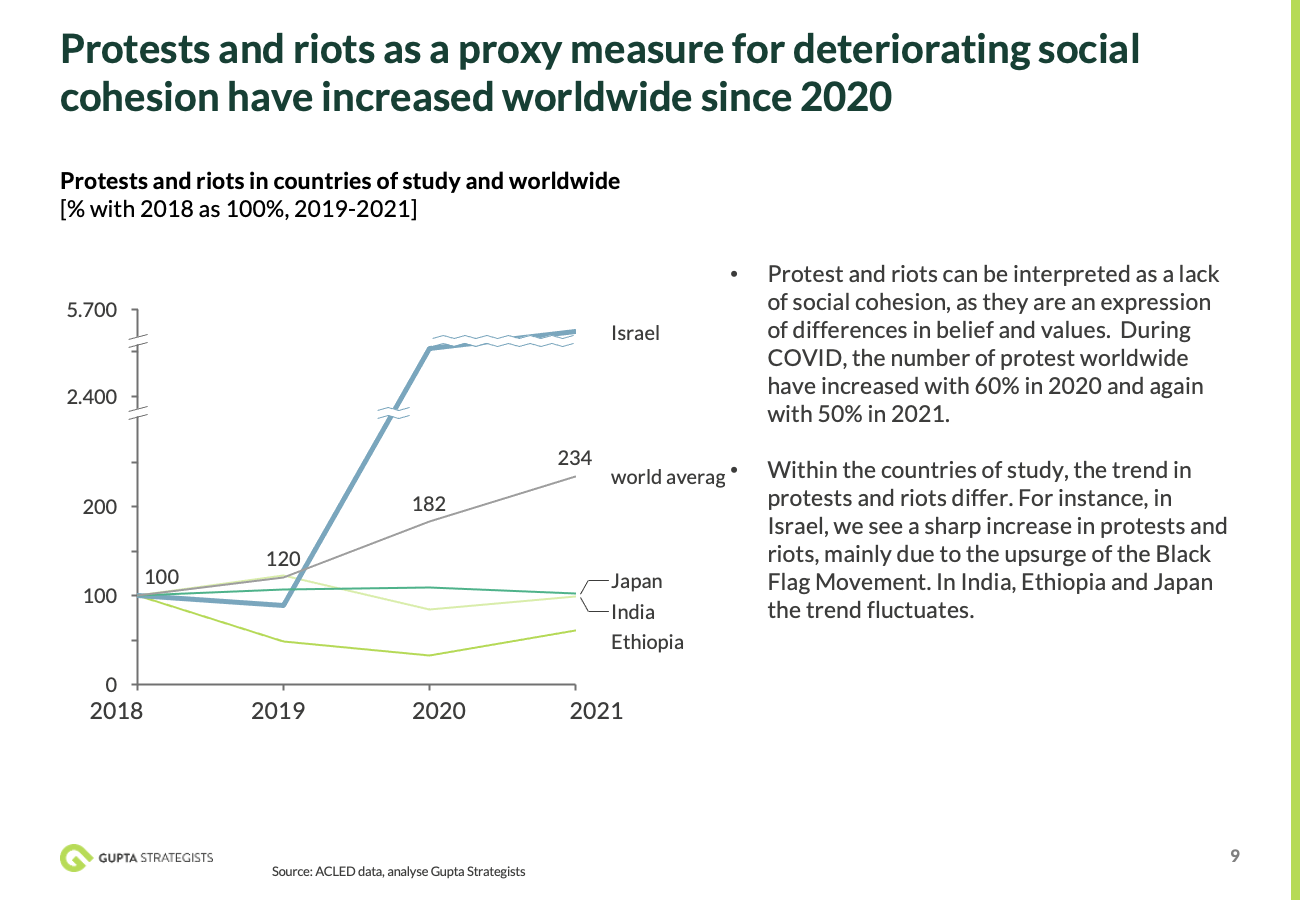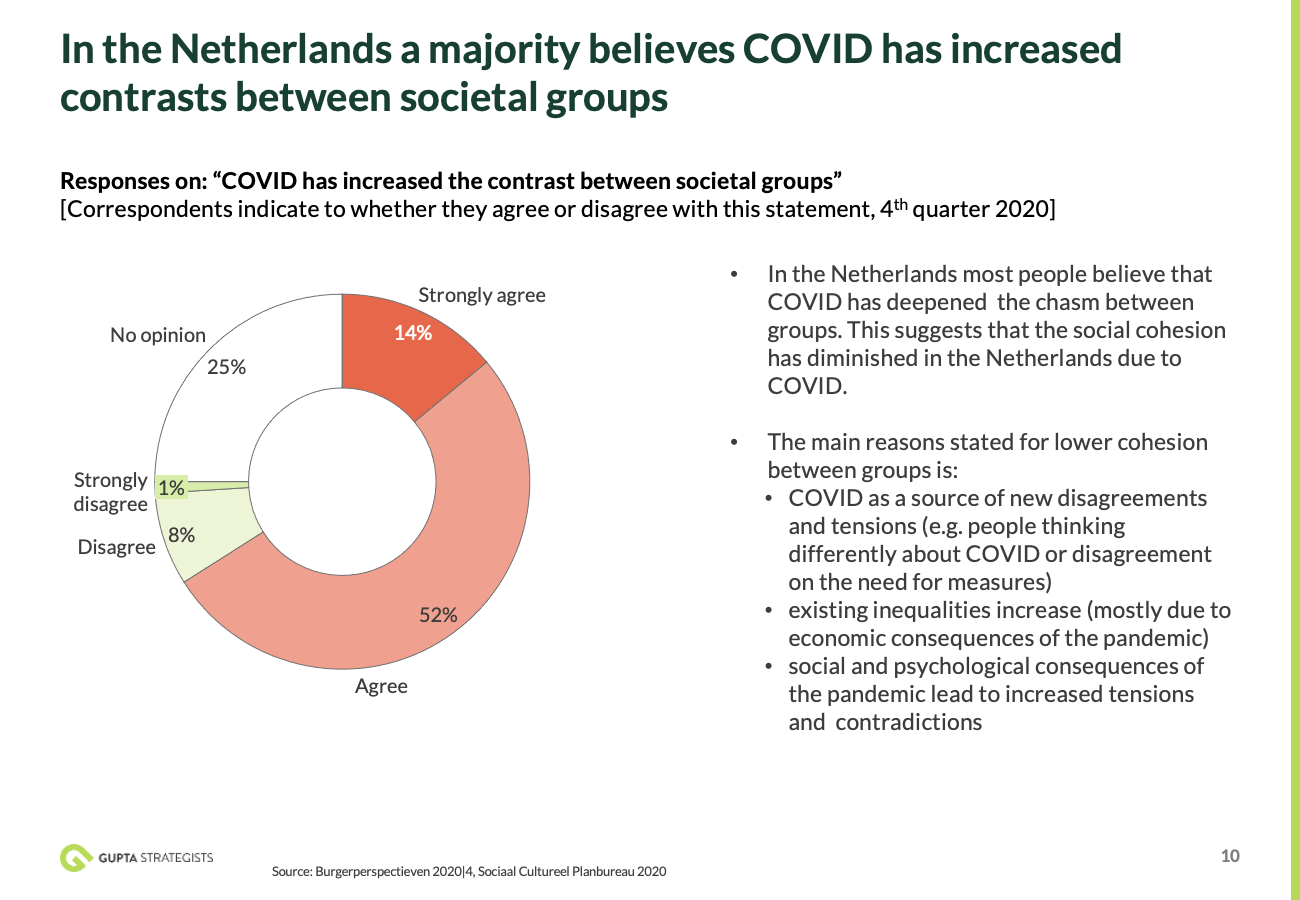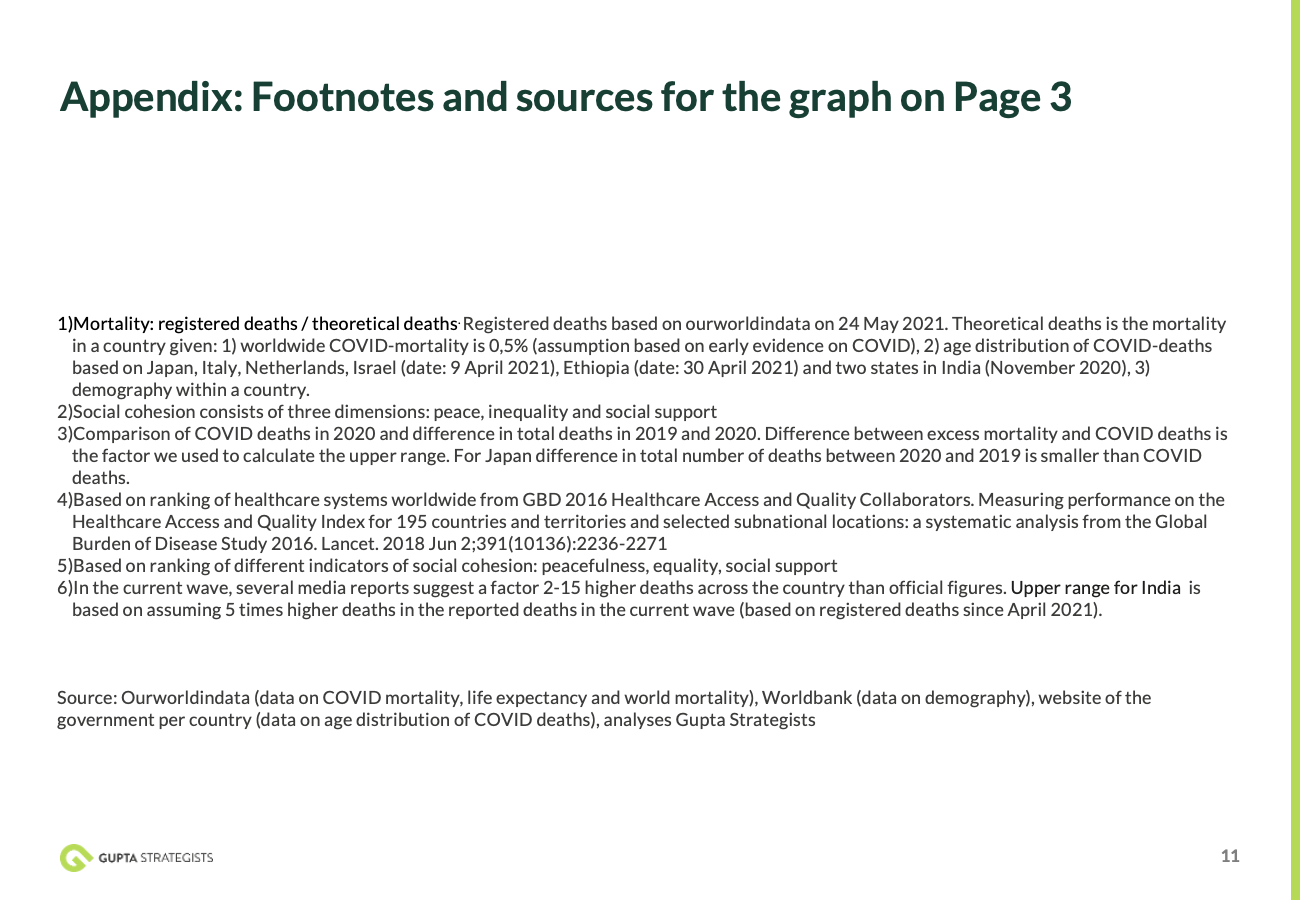Social Cohesion
PUBLISHED
JUNE, 7TH 2021
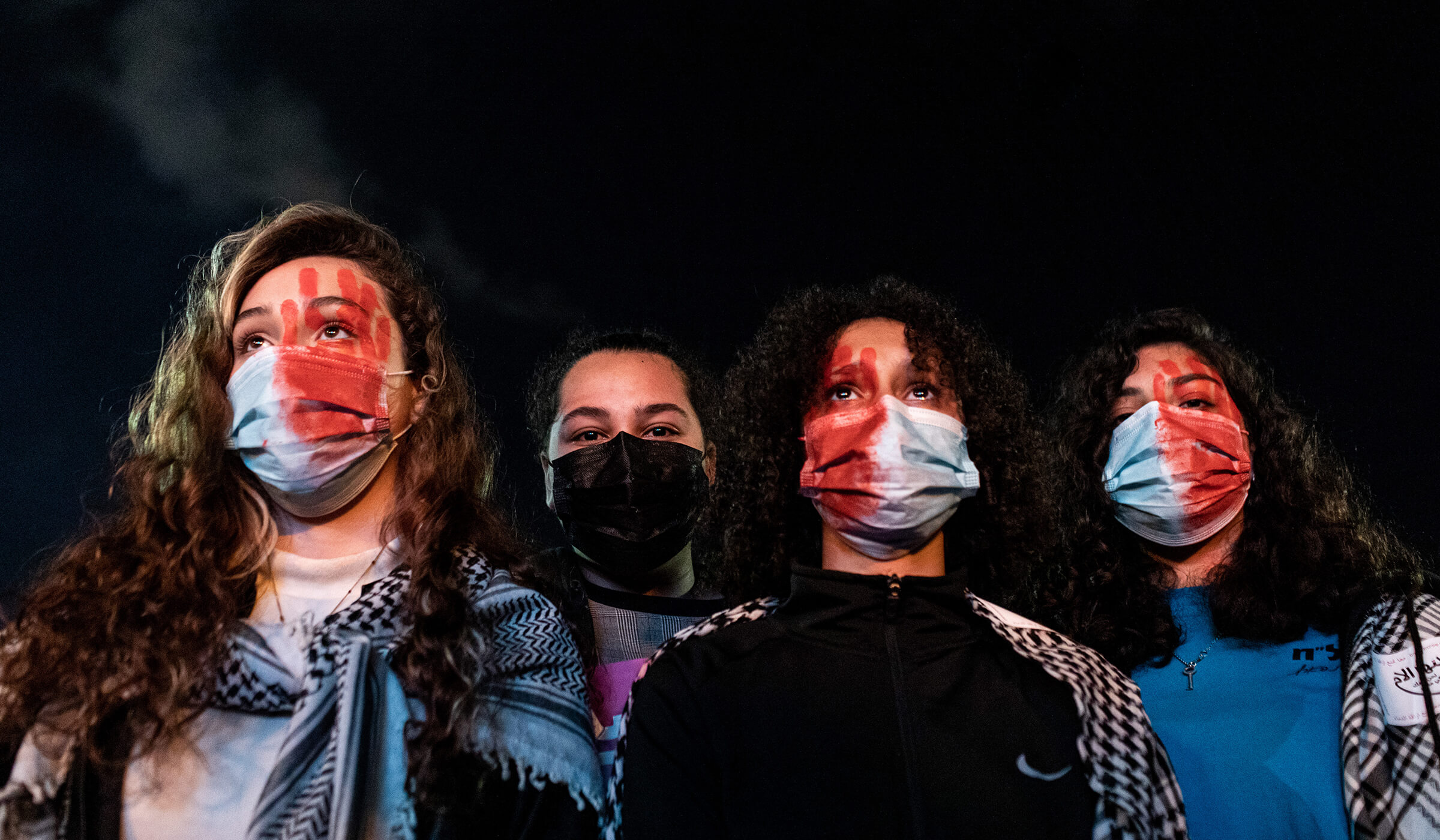
Social cohesion as primary prevention. We focus here on value of social cohesion in facilitating the implementation of the primary prevention measures, such as lockdowns. At the same time, social cohesion can also help to limit the negative indirect effects of COVID such as unemployment and mental health issues, as it reflects social support and collective resilience.
Social cohesion is a complex and rich concept, with multiple dimensions that change over time. Each dimension serves as a shell that strengthens primary prevention. The dimensions of social cohesion analysed here are: peace, equality, social support. These dimensions together express cooperative relations at different levels: family, community, regional and country. Furthermore, they are dynamic and evolve in a crisis both as a cause and an affect.
Looking forward. Understanding the interplay of social cohesion with other interventions, such as the lockdowns is needed, since it but one of the COVID determinants – a topic we hope to return at the end of this project.
COUNTRIES INVOLVED
ARKO DATTO
The six images here explore the theme of Social Cohesion by looking at how citizens belonging to different faiths came out to celebrate their festivals while the second wave of the Pandemic started making its presence felt in full force.
The images here look at the ancient Hindu festival of Holi as celebrated by Hindus and also by the Sikh community and end with the rituals and celebrations during Easter.
After a year of the pandemic and related lockdowns, it has been particularly difficult to make people follow appropriate covid sanitary protocols in most circumstances while there have hardly been any guidelines and restrictions from the Government this time round. In West Bengal, given the ongoing elections, the various political powers-that-be have been hesitant to enforce stricter unpopular measures.
AVISHAG SHAAR YASHUV
There is something special, thus not obvious, about people who choose to do something for another person or for a particular idea. This is even more self-evident when the engagement involves a health hazard.
The society in Israel during Covid-19 pandemic was on the one hand divided – facings an unending political struggle, and parts of society refusing to follow and obey the new health guidelines, even though it was for the benefit of the entire population. But on the other hand, there were also quite a few other people who overcame the virus created division and fear to do something good for someone else or for an idea they believe in.
CLAUDIO MAJORANA
Since the pandemic hit, Sara and her little brother Saverio started spending more time at home together. The new situation strengthened the bond between them without sacrificing relationships with friends they can’t easily meet.
Online game platforms offered a space where they can still meet, talk and interact in a new way. “I don’t really miss them. You know it’s those people, as if they really were here” says Sara.
Saverio also love spending time on his tablet but never misses a chance to imagine new adventures in his Spider-Man suit.
ESMEE VAN ZEEVENTER
Social cohesion in Dutch society has grown as well as declined. Since COVID-19 racism towards Asian people has been growing. “Go back to Tokyo, you fucking Chinaman!” “cough, cough, cough, corona, corona!” is what Tessa hears, who is less in touch with her Indonesian roots than I do with my 25%.
Yuka is starting to feel more uncomfortable every day. She received a warning by the Japanese embassy that a Japanese person was stalked by someone who was screaming “take covid home with you, to China!” Jana was being told to show her ID to prove she’s Dutch, when she refused, she got spat on.
But the social cohesion is also improving somewhat. People come together to show that this has to stop. At the start of the pandemic, a platform was set up to raise awareness and eradicate racism and discrimination. More and more people are joining to make their voices heard.
MULUGETA AYENE
Social cohesion in Ethiopian society
“The daily life of Ayelech Asado”
A single mother Ayelech Asado domestic worker who lost work because of the coronavirus, selling collard greens on the street of Addis Ababa. The past months has been hard for me and my daughter. We live off no income, no government aid and there is not much I can do for the past few months.
The better-off neighbors who once welcomed her into their homes to cook and clean now turn her away, fearing the virus. “They told me we should avoid contact,” she said.
YUKI IWAMURA
These 5 photographs explore the real impact on social cohesion between the elderly during the covid_19 pandemic in Japan. As a photographer who grew up in suburban Japan where has one of the longest life expectancies in the world, he was always surrounded and helped by his grandparents and other elderly in the neighborhood community.
Although Japan hasn’t been hit by the worst cases globally, it has been influencing most on people’s isolation and solitude which isn’t detectable by scientific numbers.
This coverage shows the changes made in people’s relationship to society and emotional struggles at places where was already been the frontline of the aging population and the disparity between suburb and metropolitan cities.
COVID and Social cohesion: a Gupta Strategists analysis
CONCLUSION
Preventive impact of social cohesion. We see no clear connection between social cohesion and the (pace of) impact of COVID in the countries studied. For example, Japan and the Netherlands both score high on social cohesion. But while Japan has, as of now (May 2021), limited COVID mortality, in the Netherlands it is a factor 10 higher. With the many dimensions of social cohesion and the many factors influencing social cohesion, and with COVID trajectory itself being in early stages and highly uncertain, being impacted by many known and unknown determinants, it is clearly too early to draw definite conclusions.
If you are watching this from a mobile device please download the full pdf report
